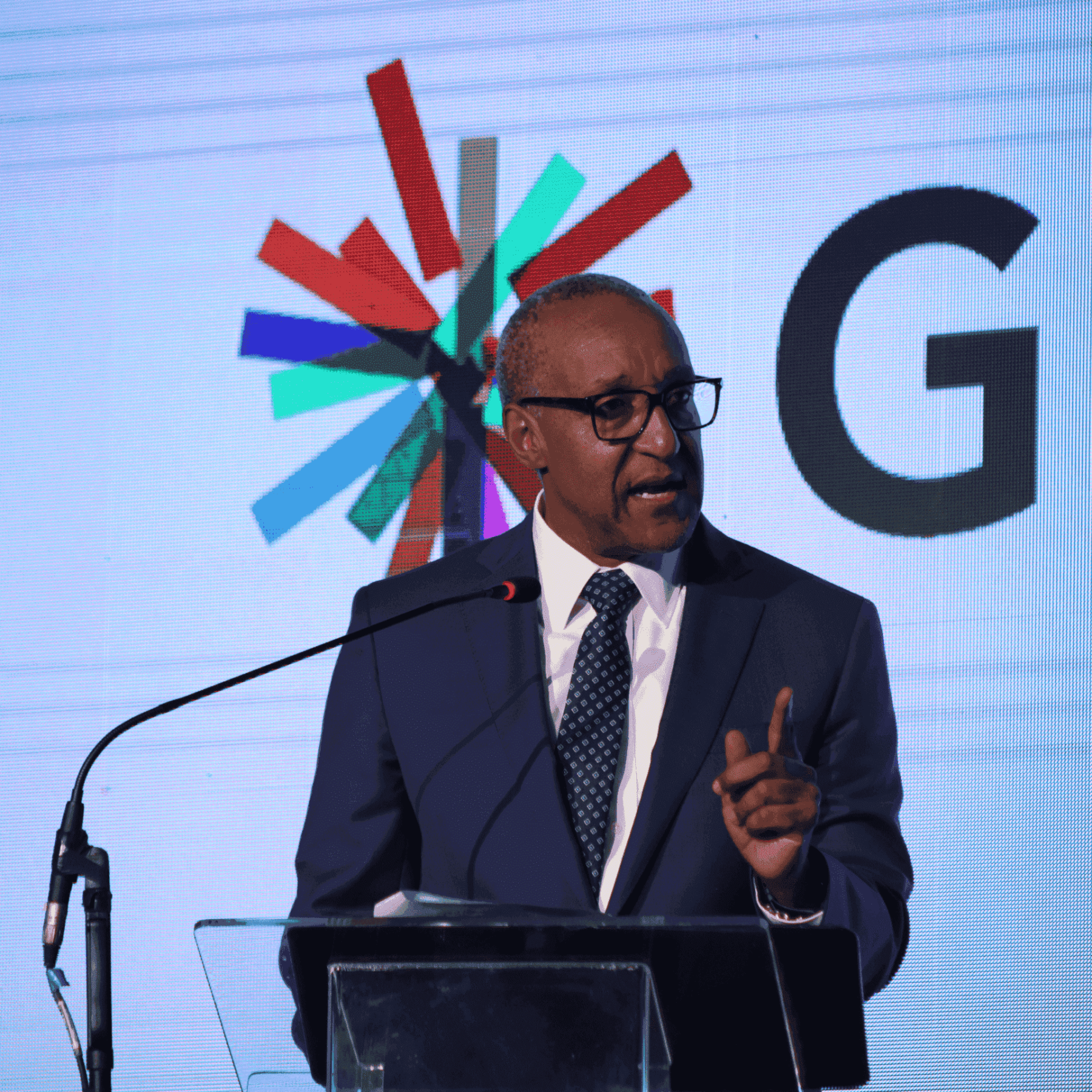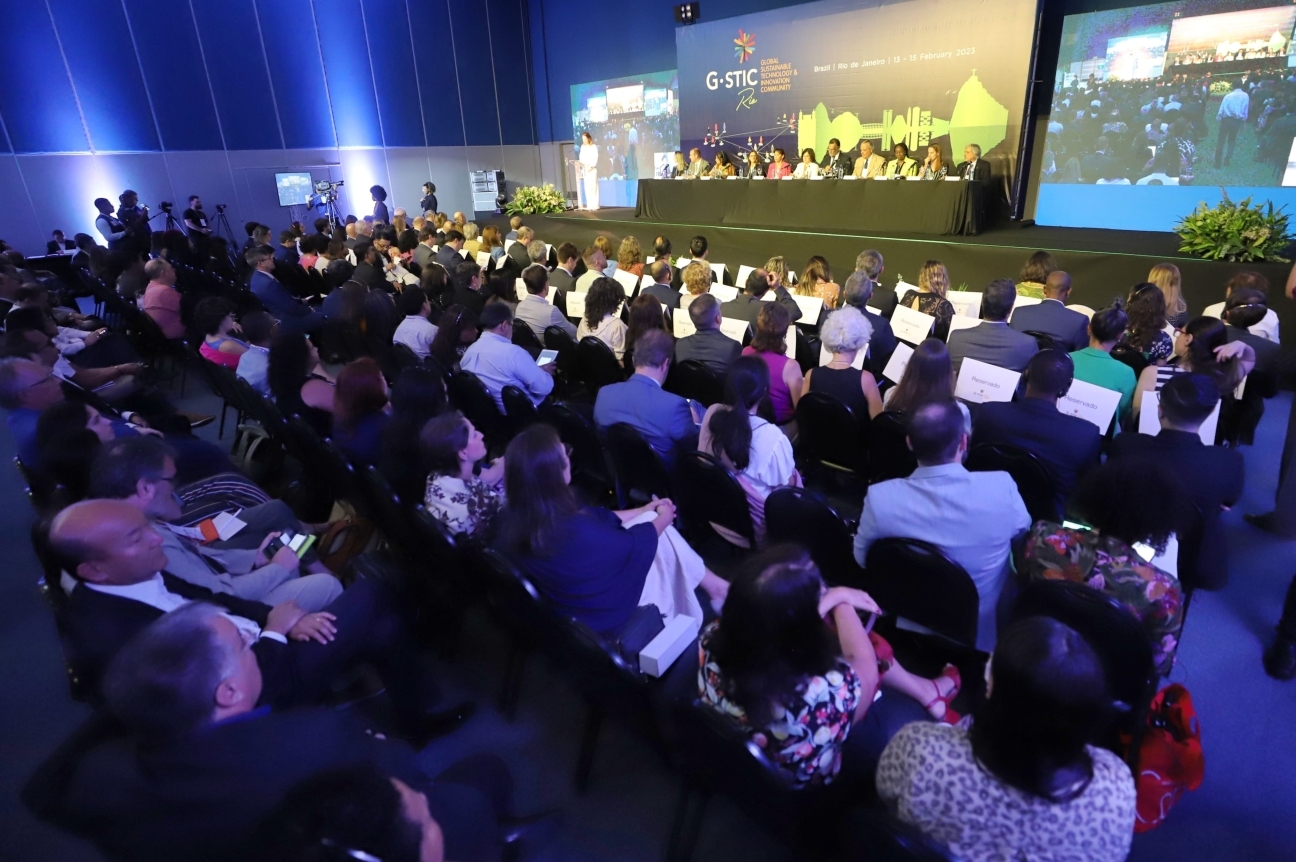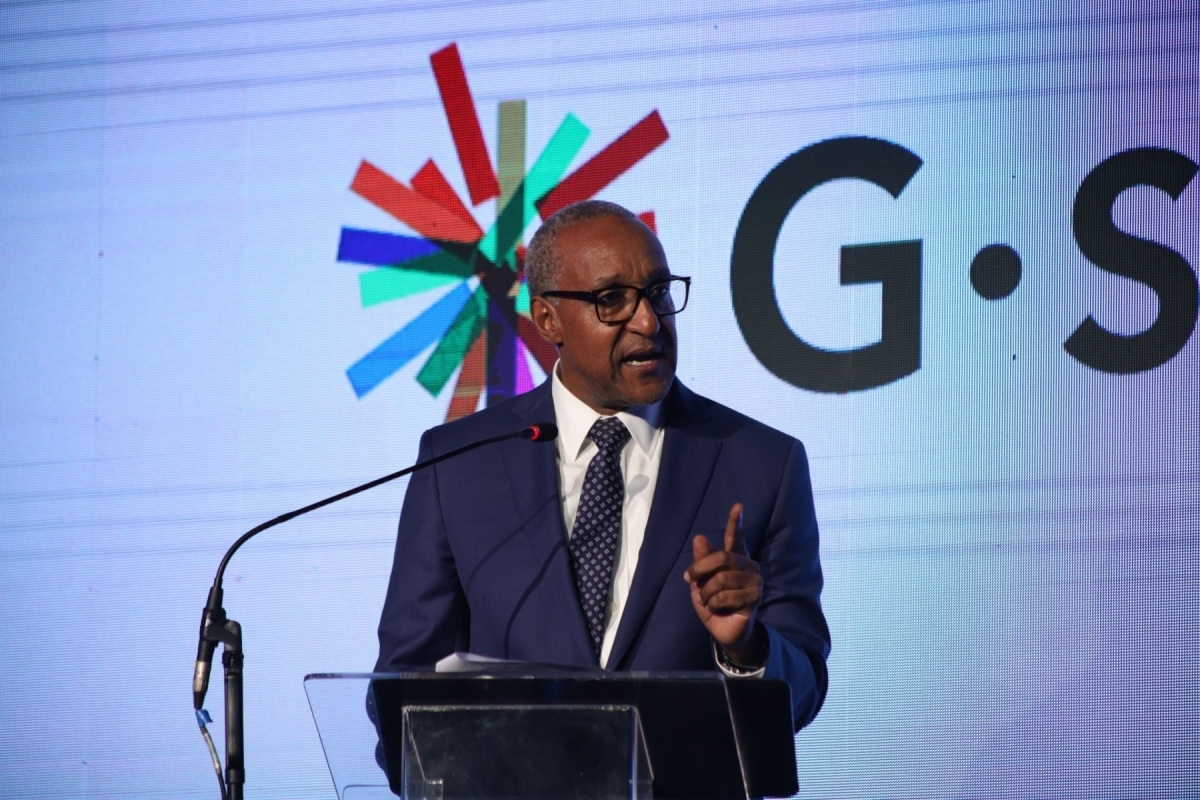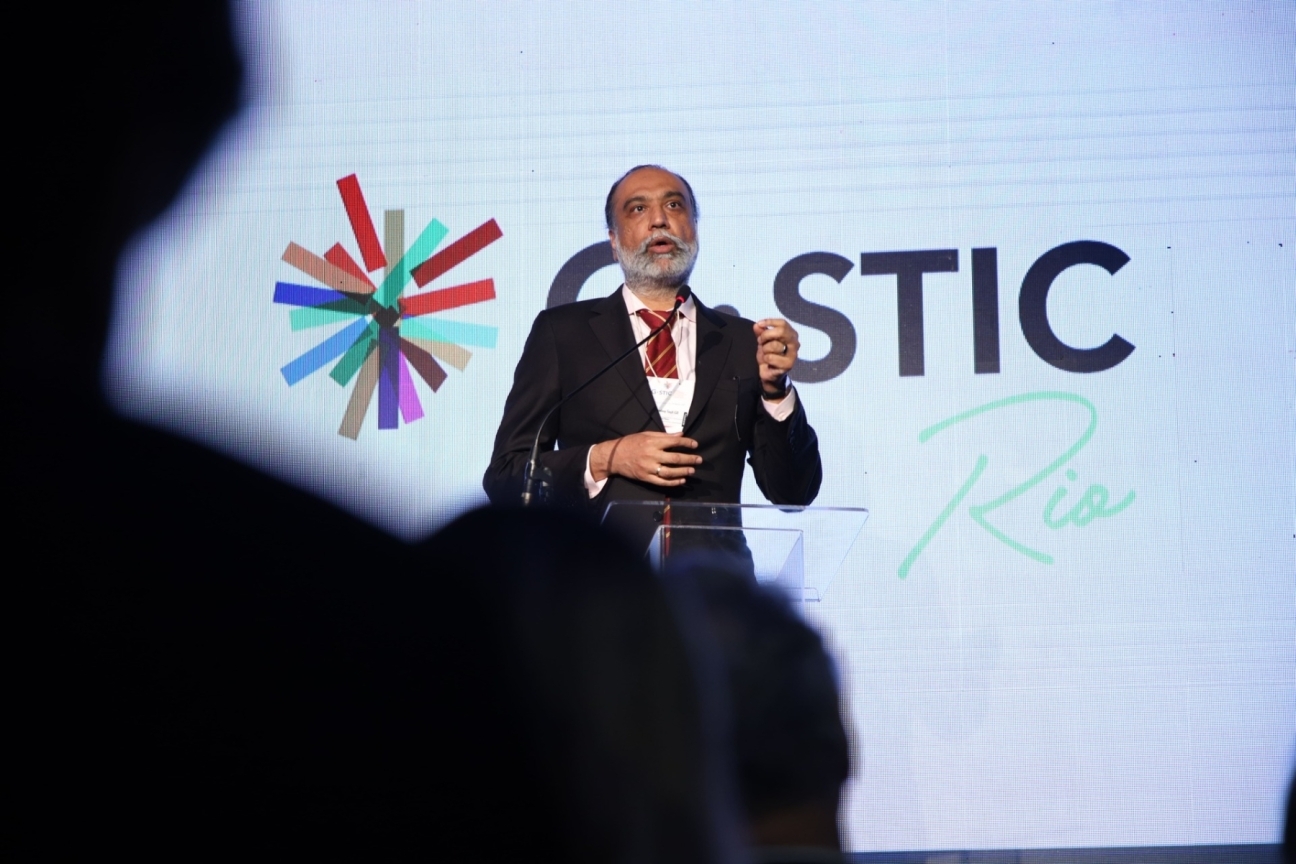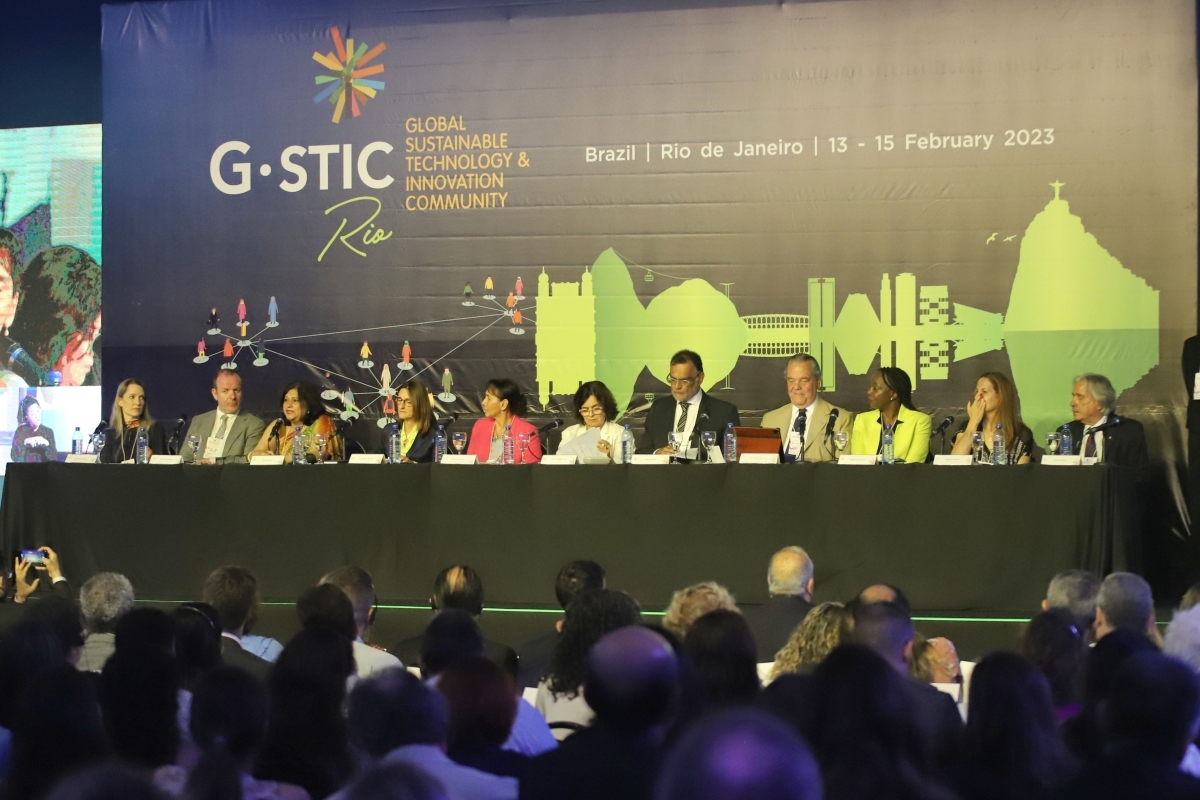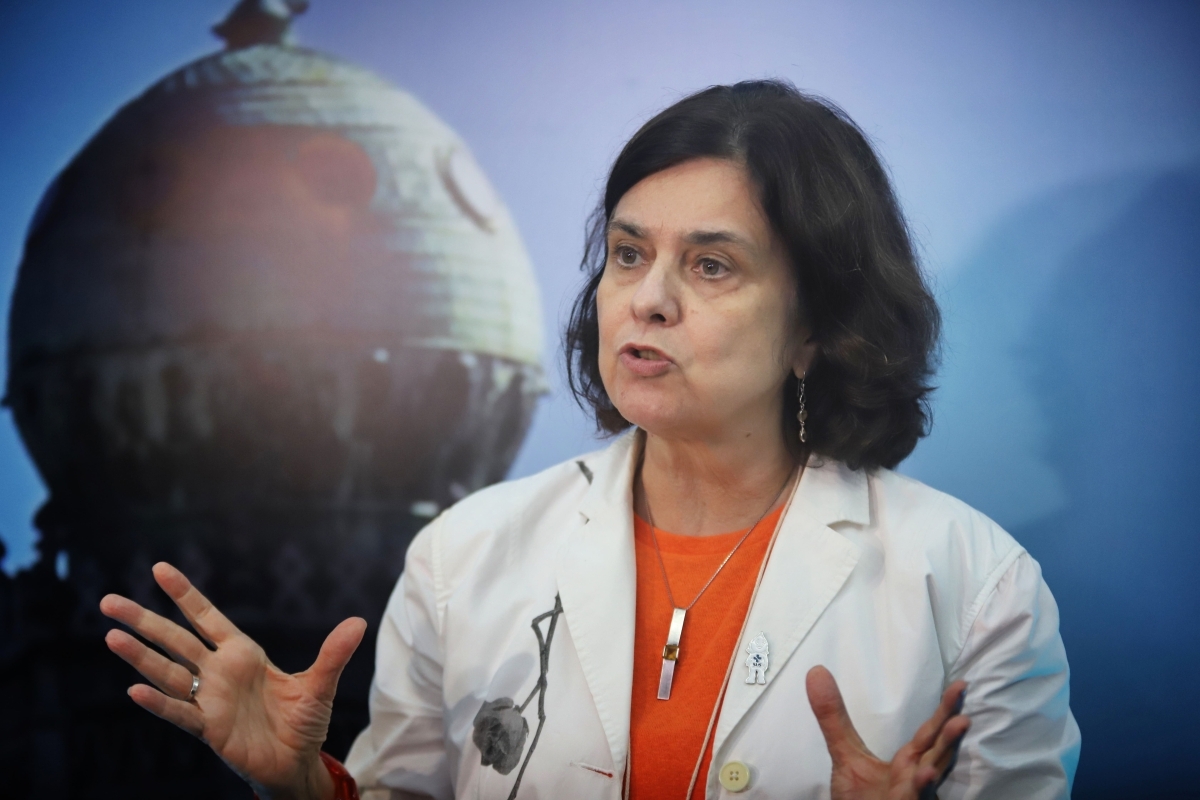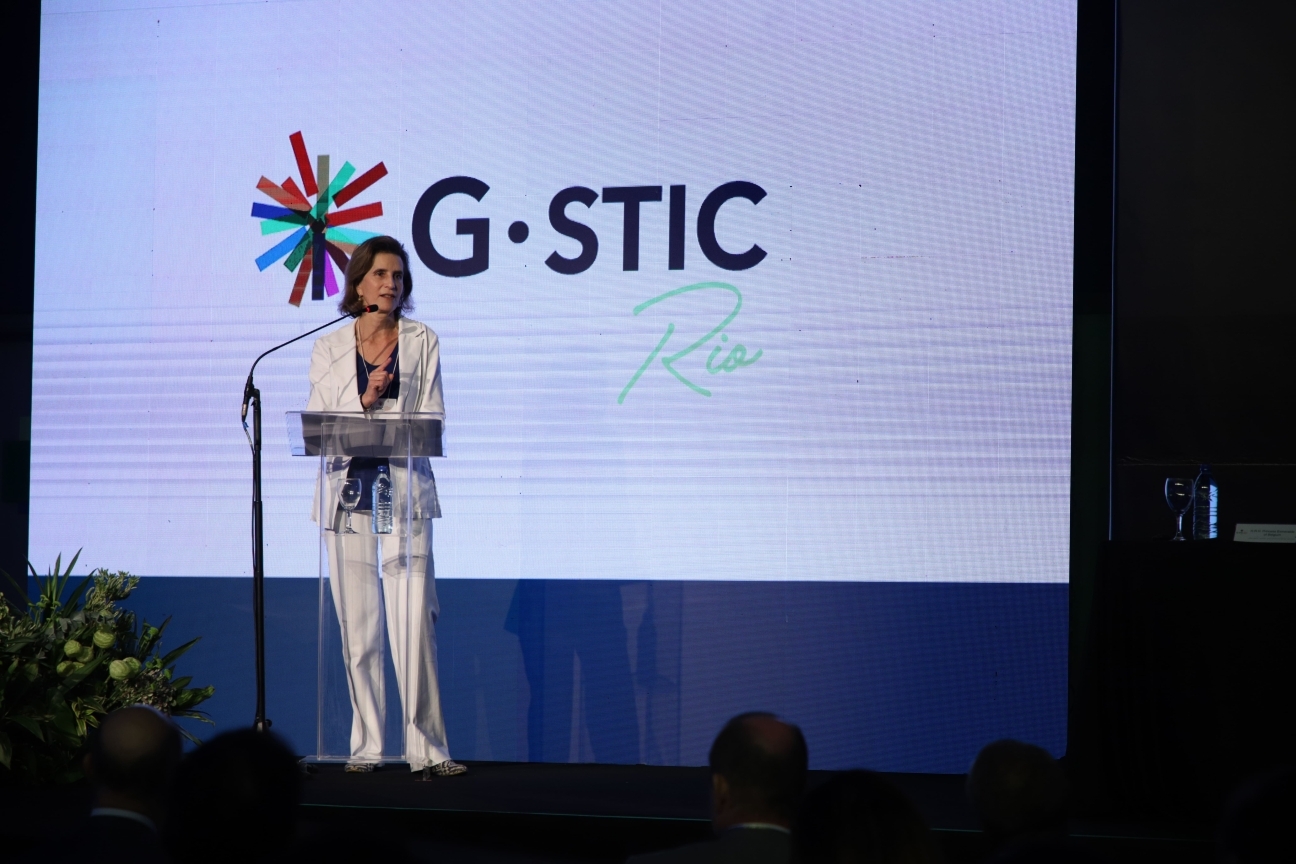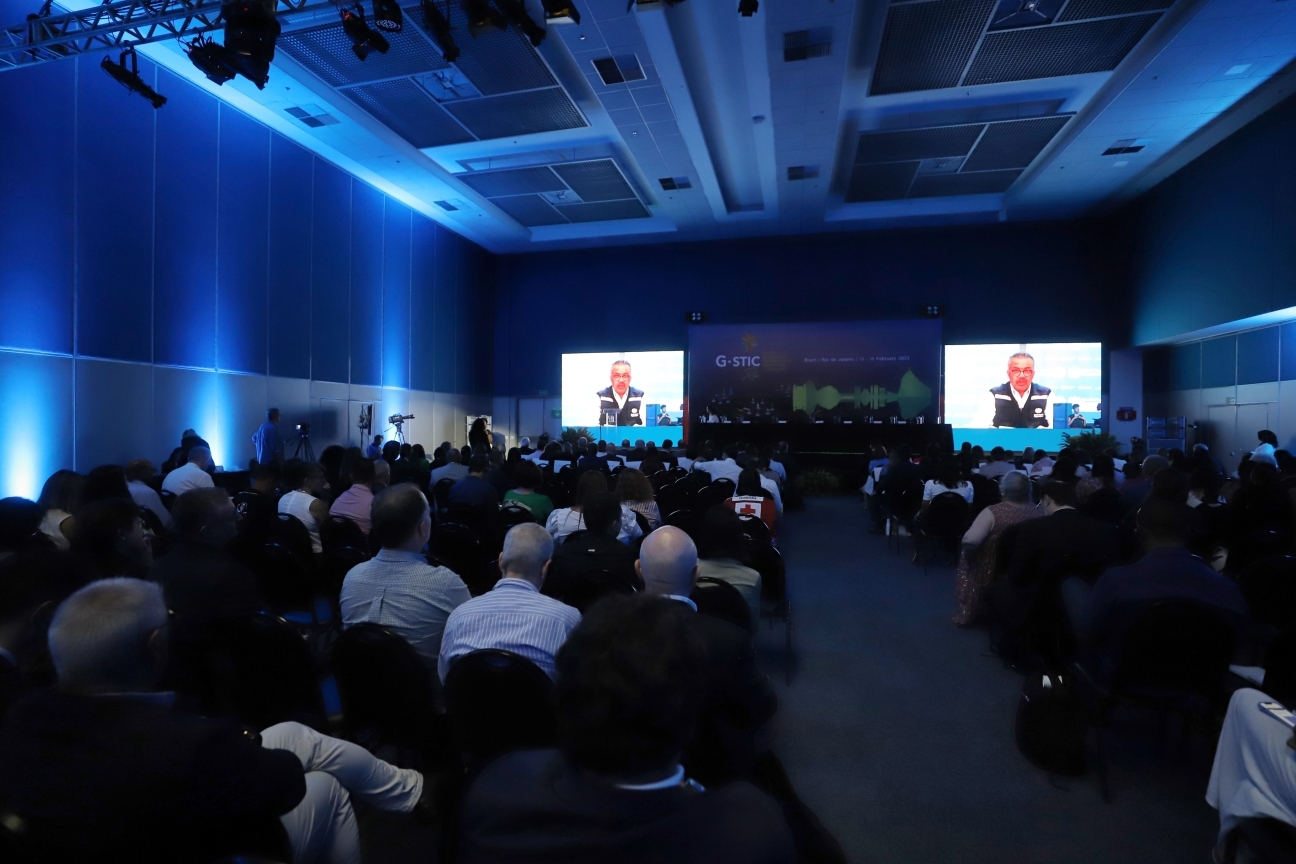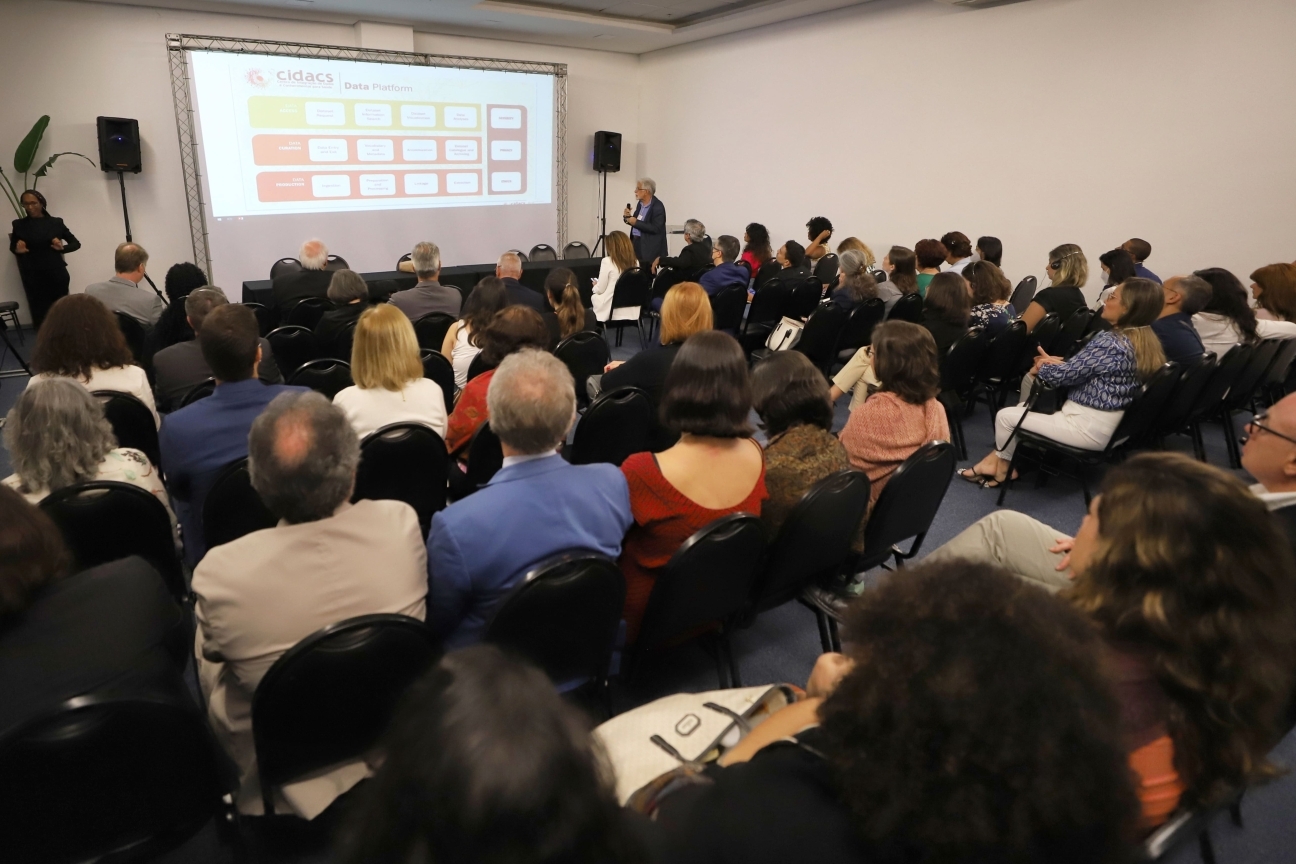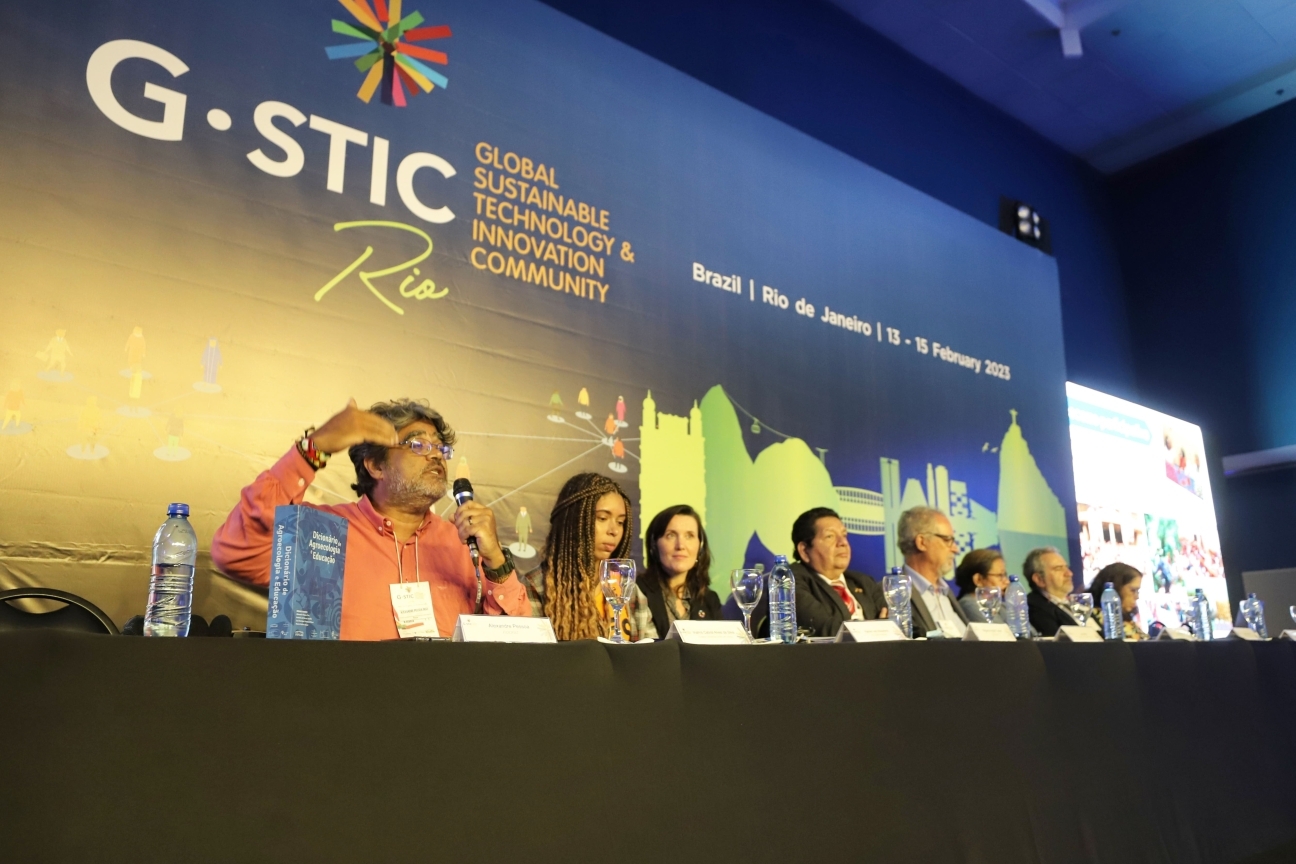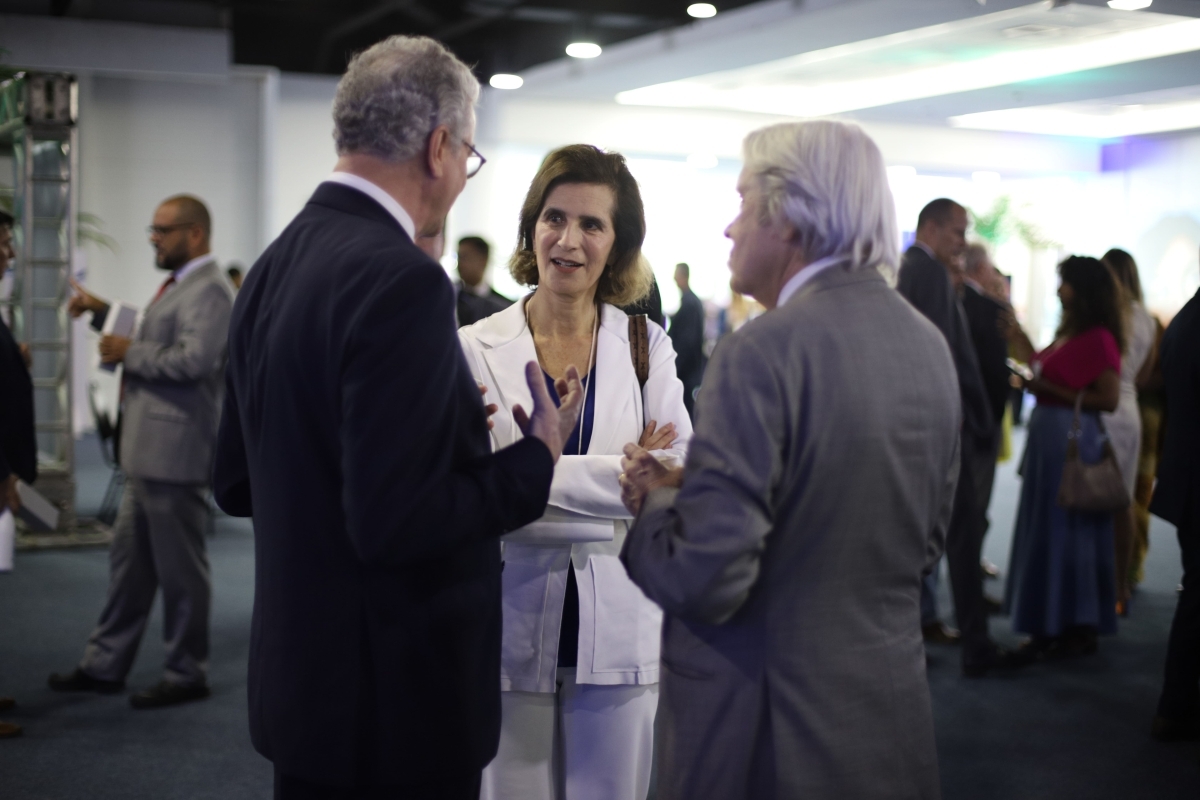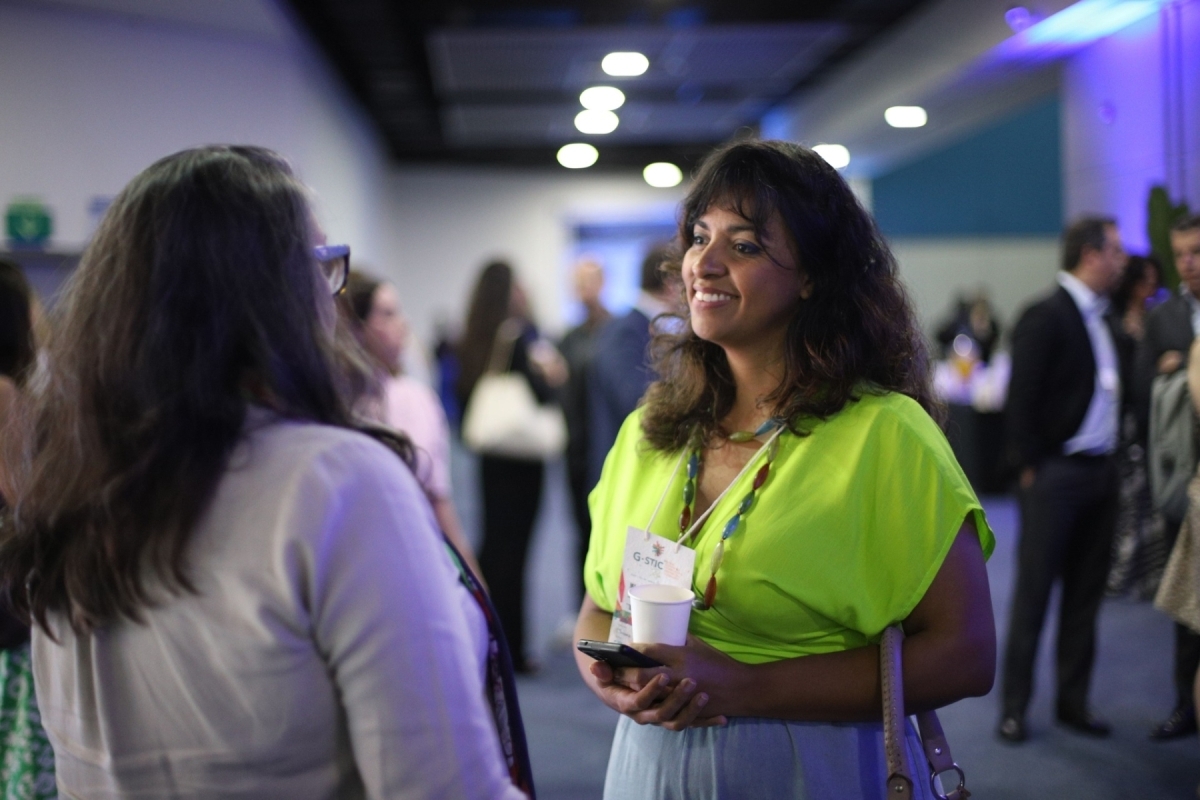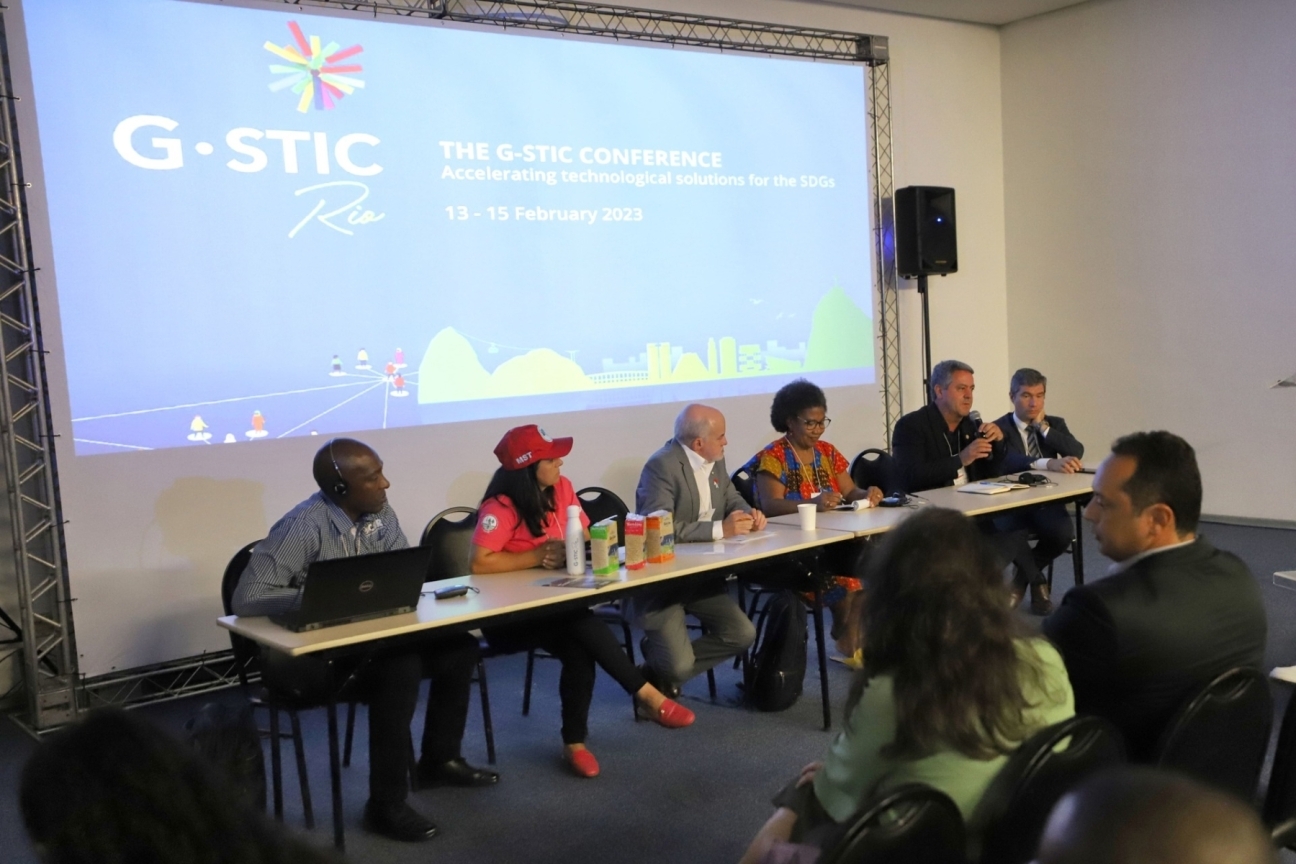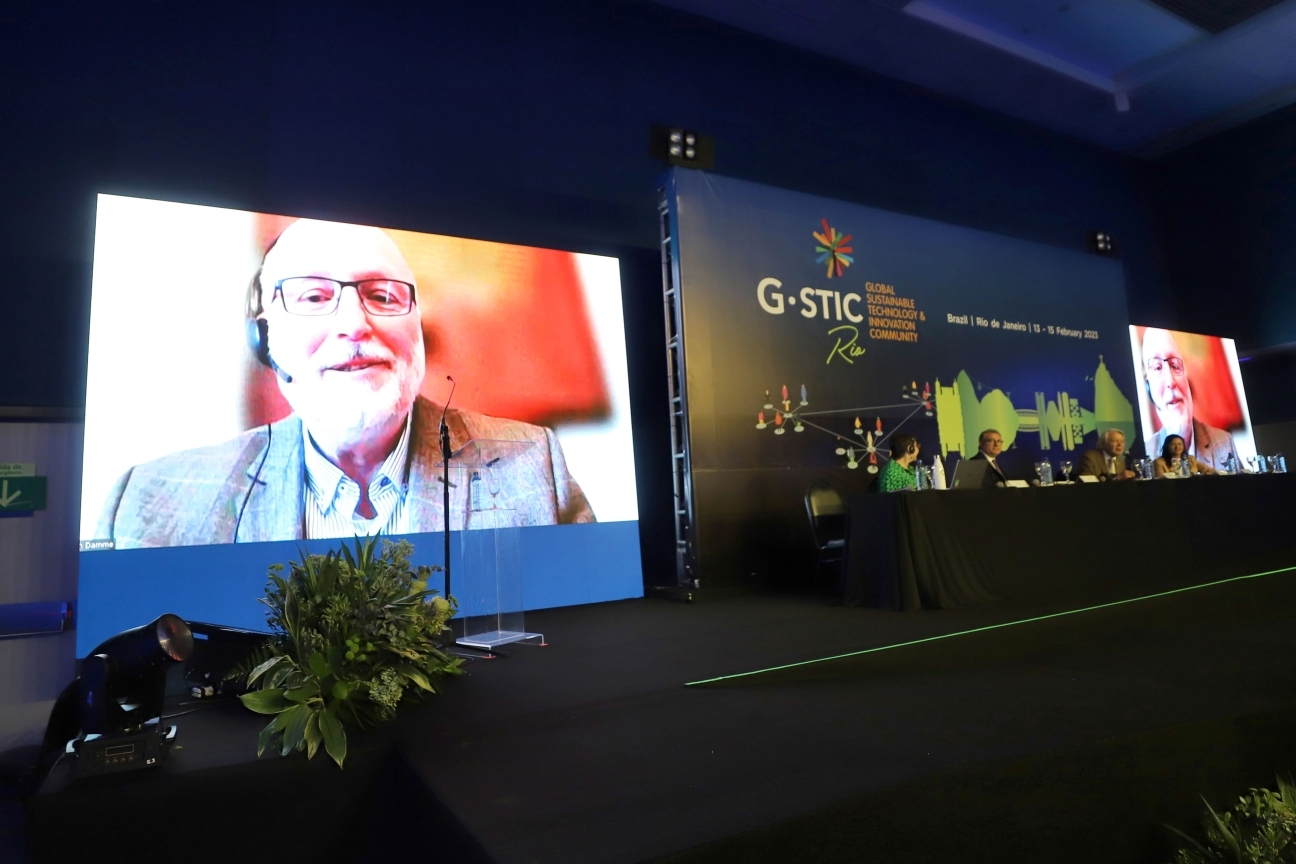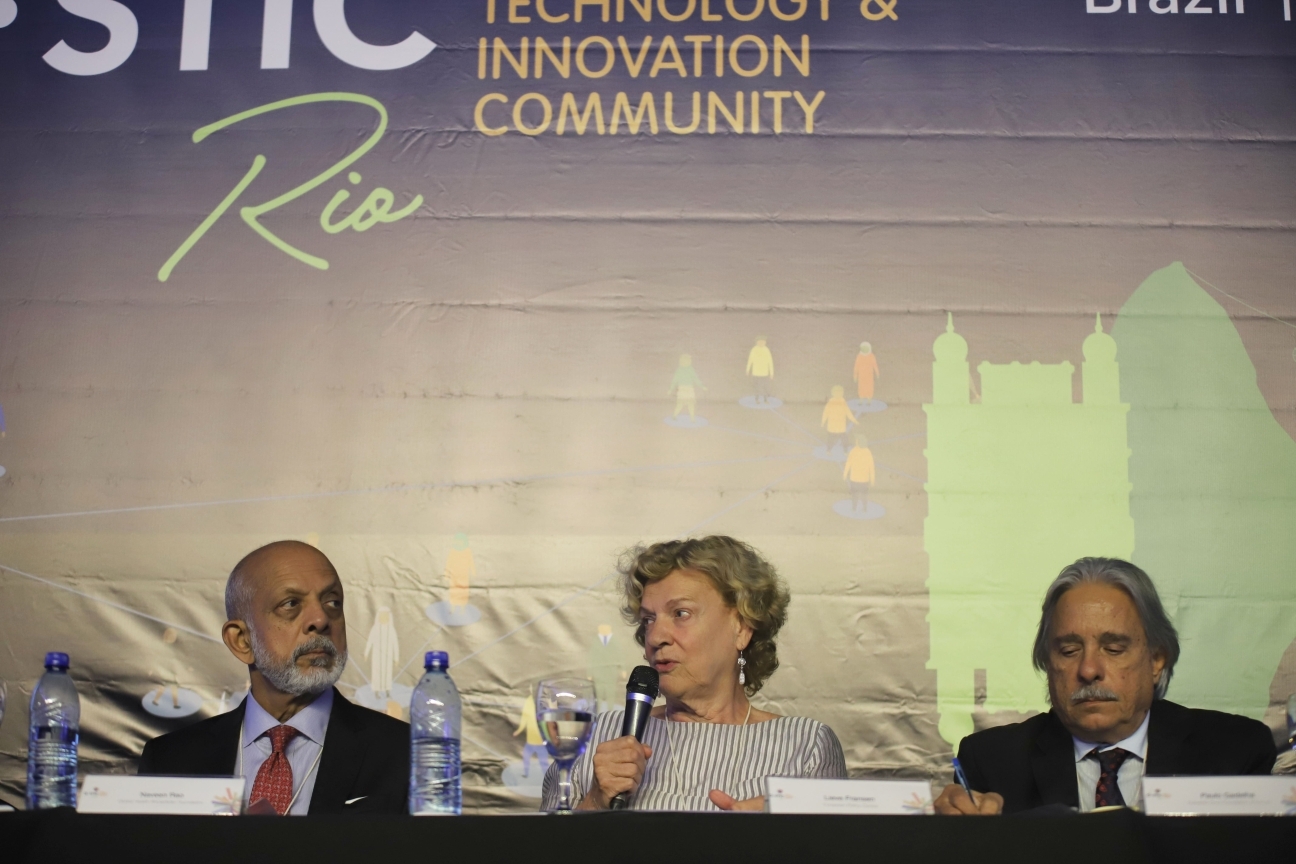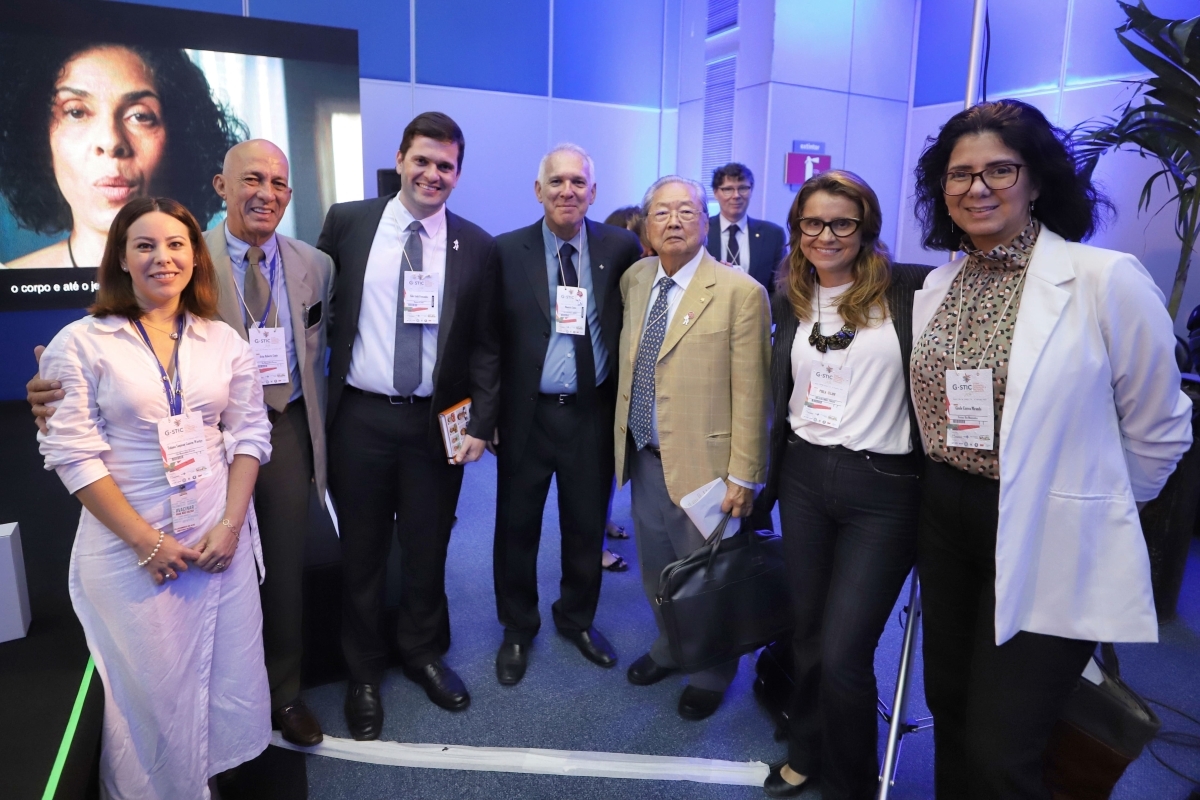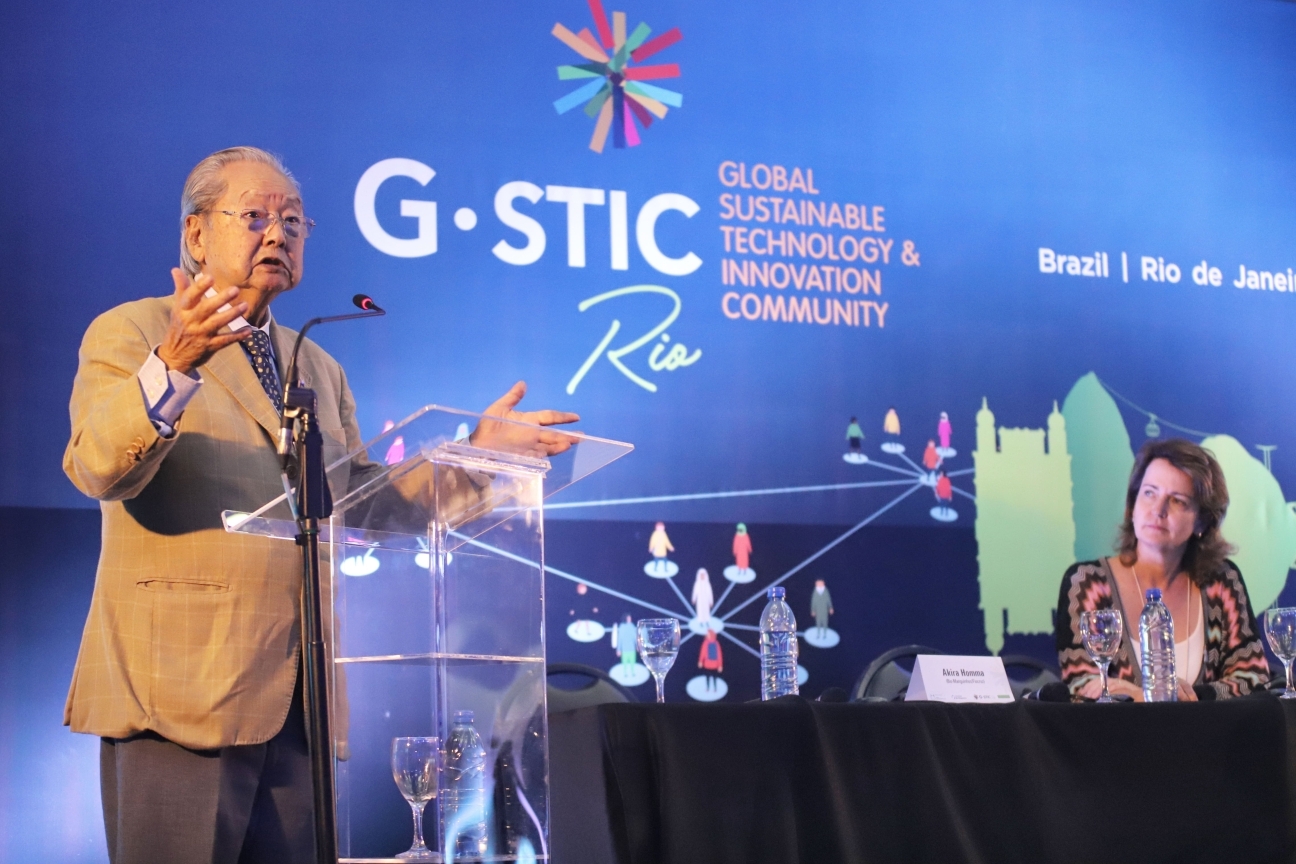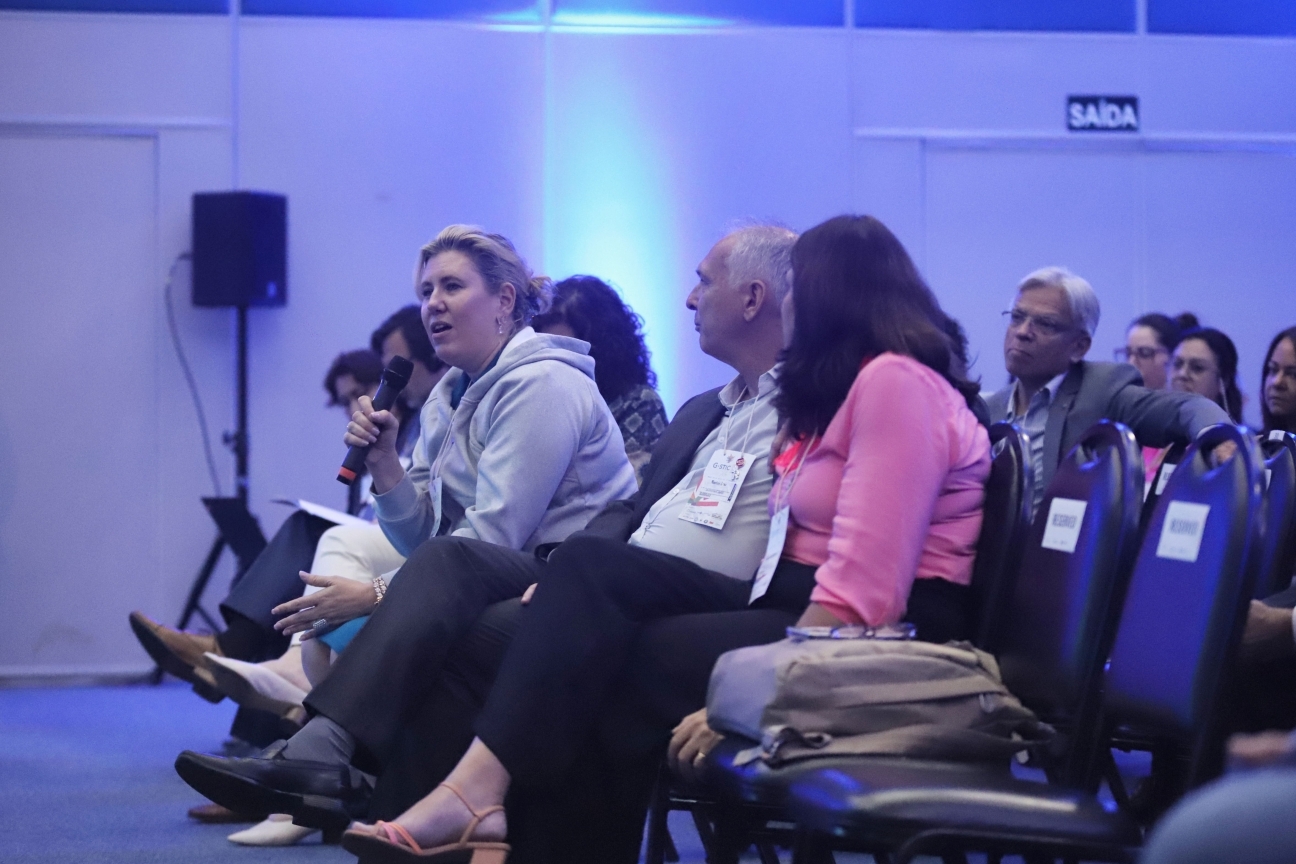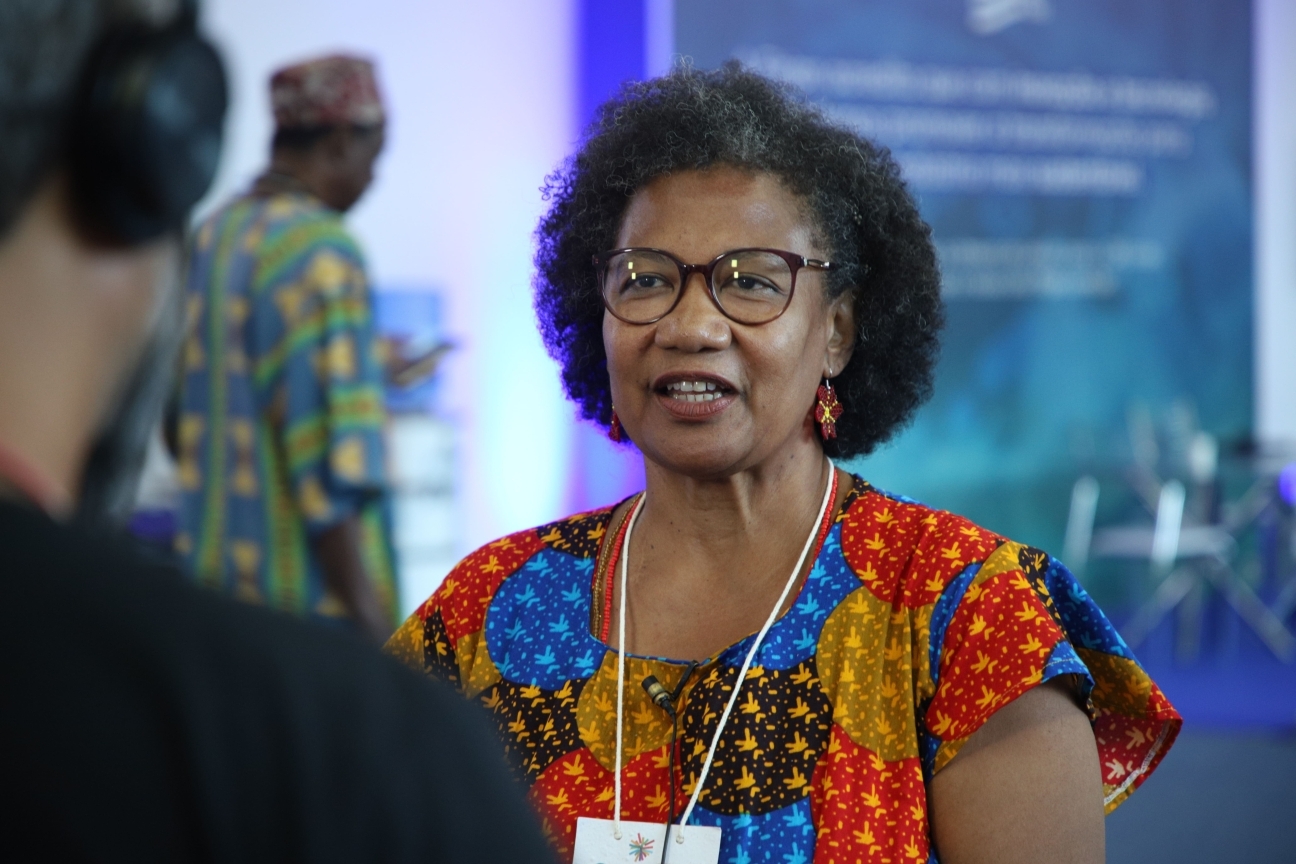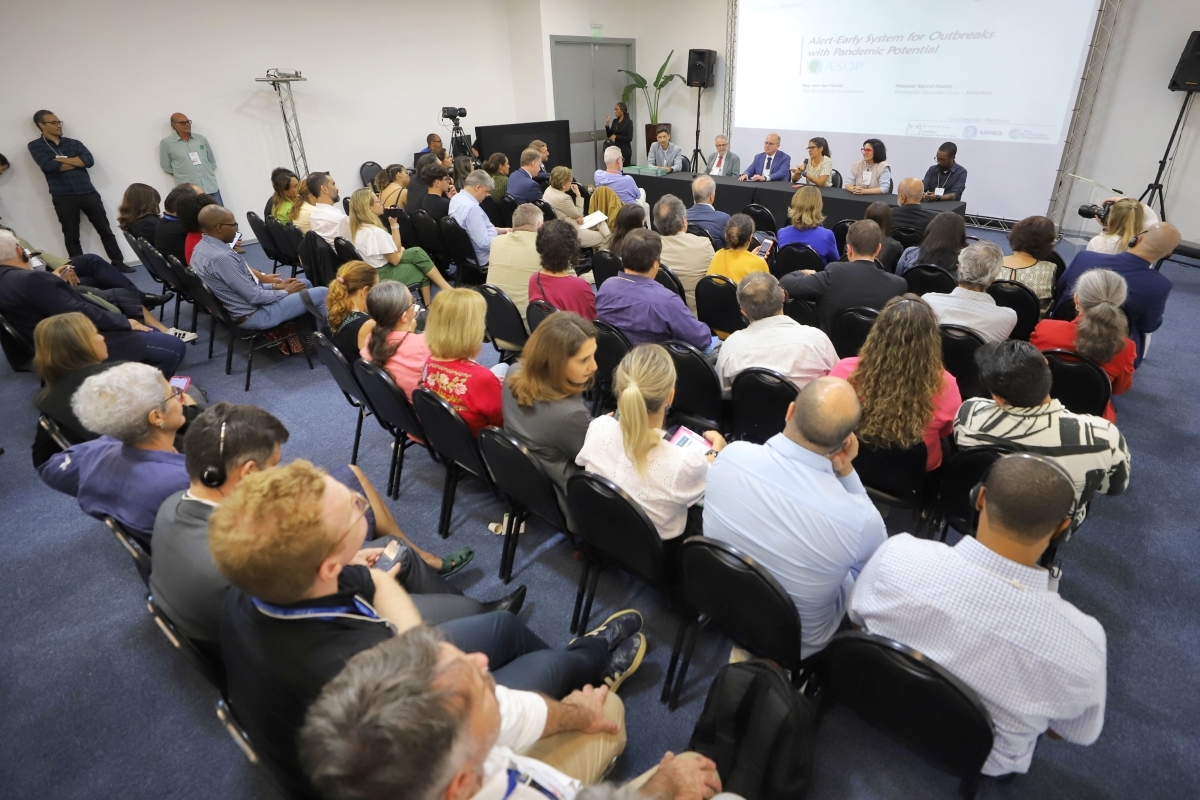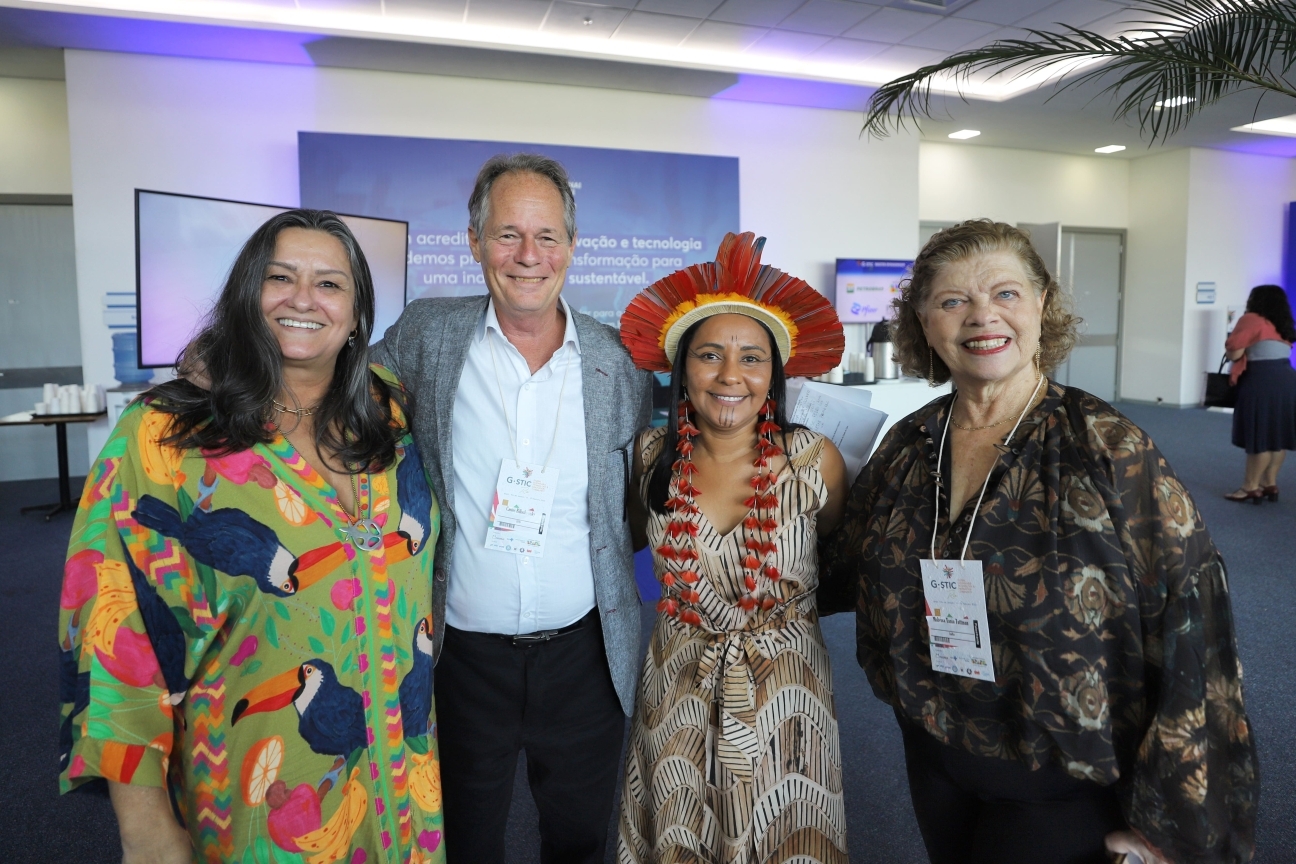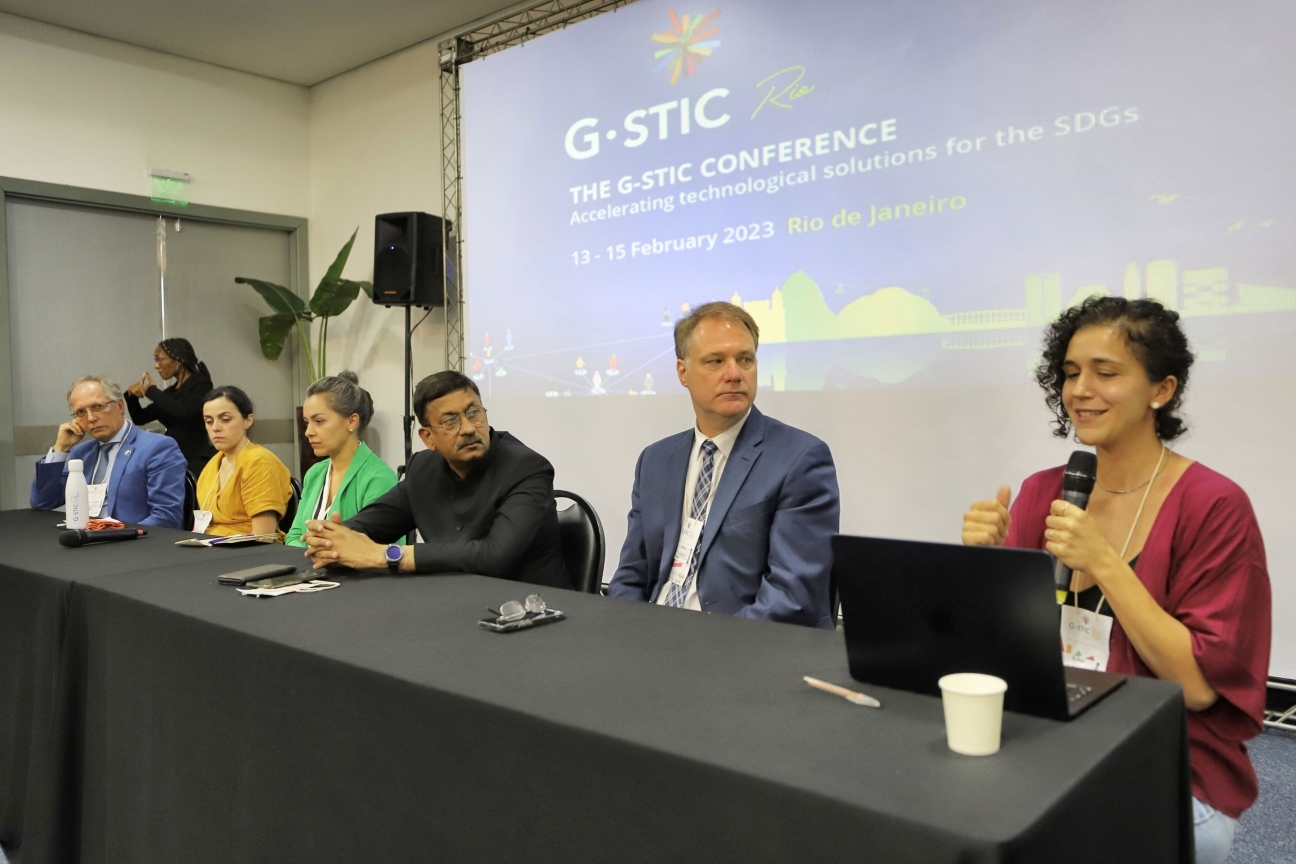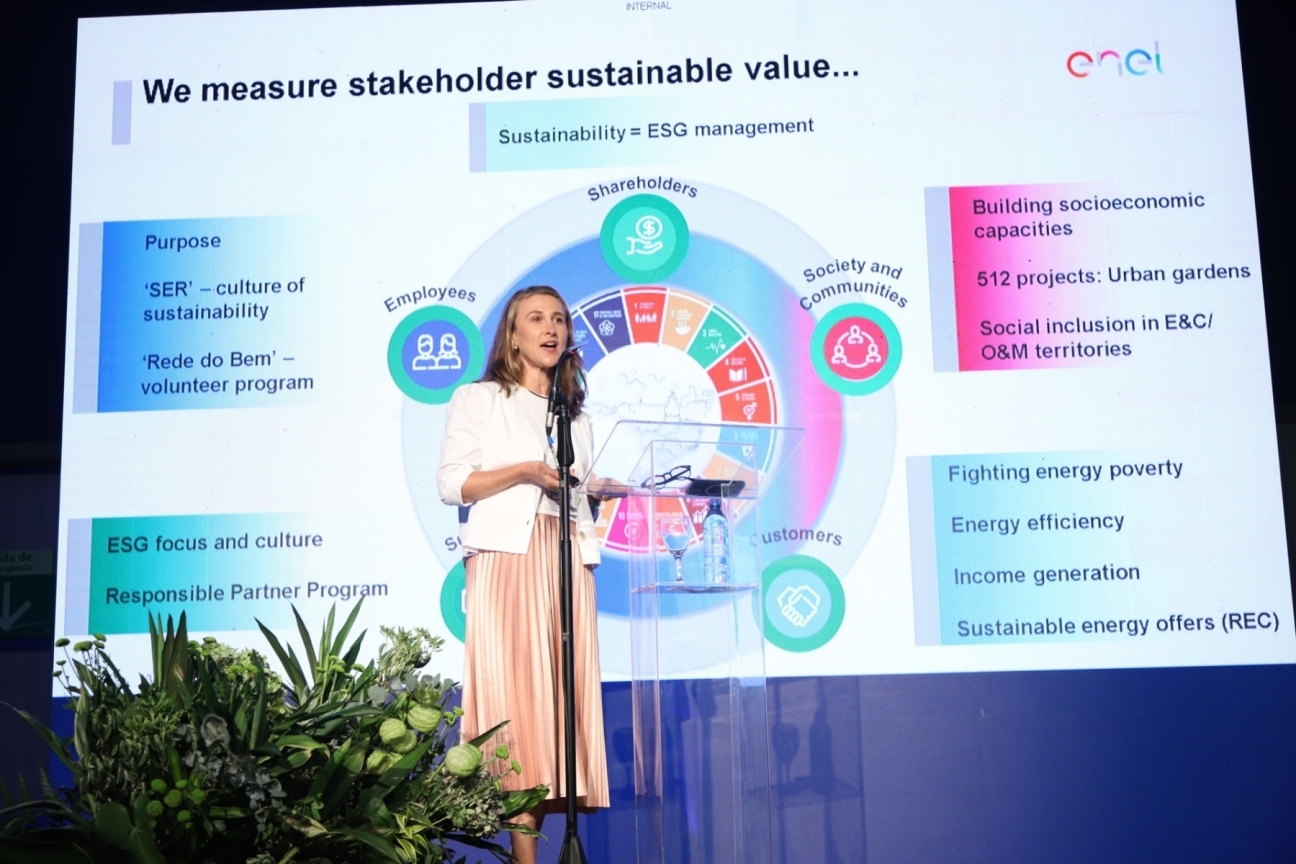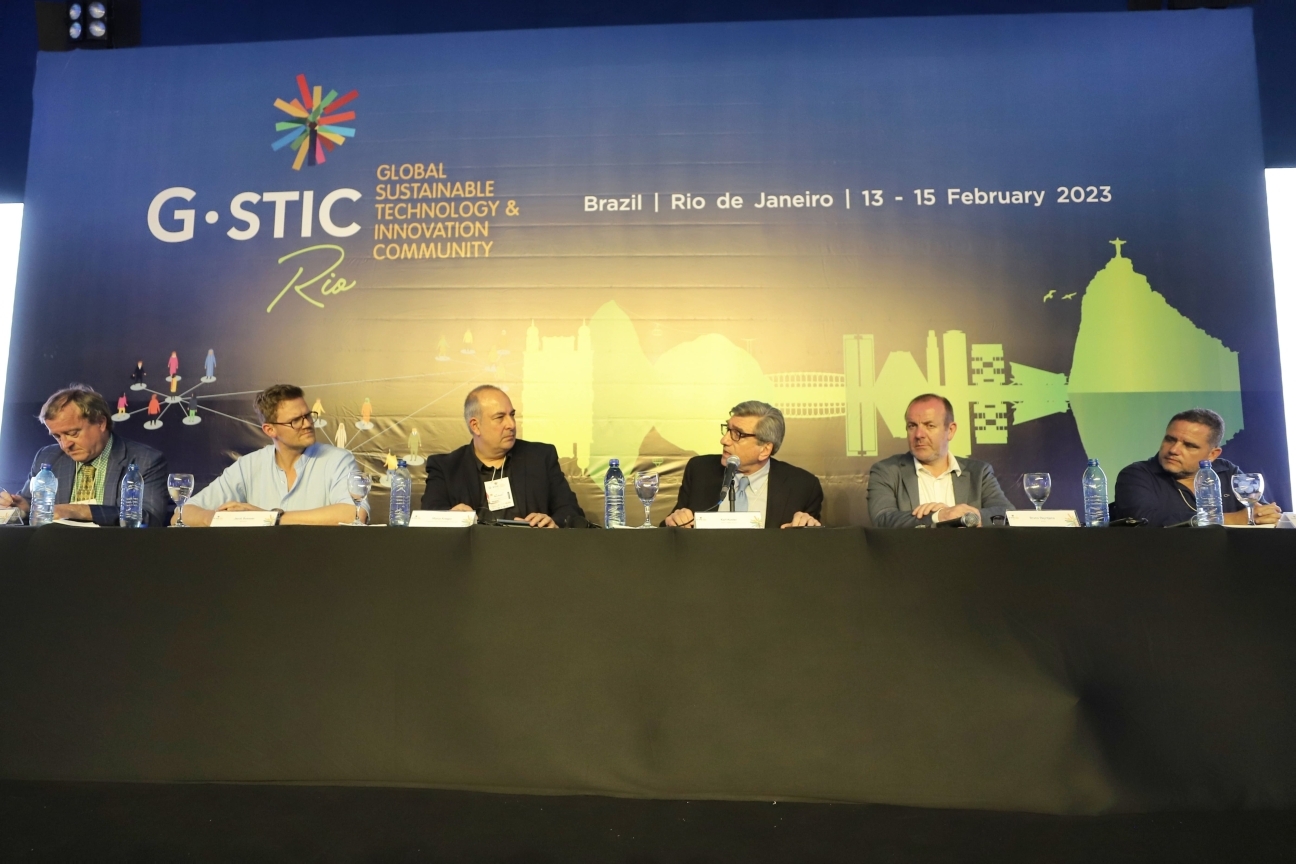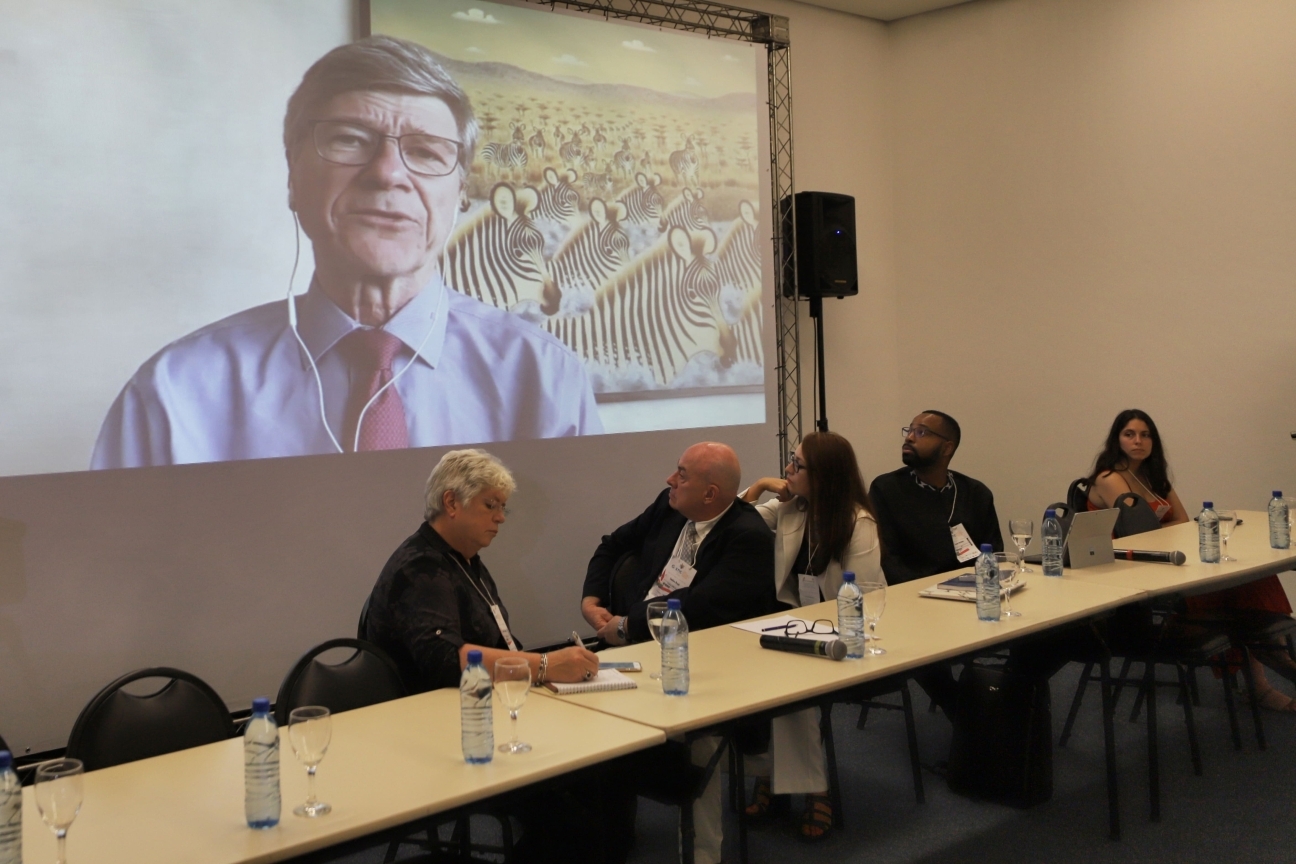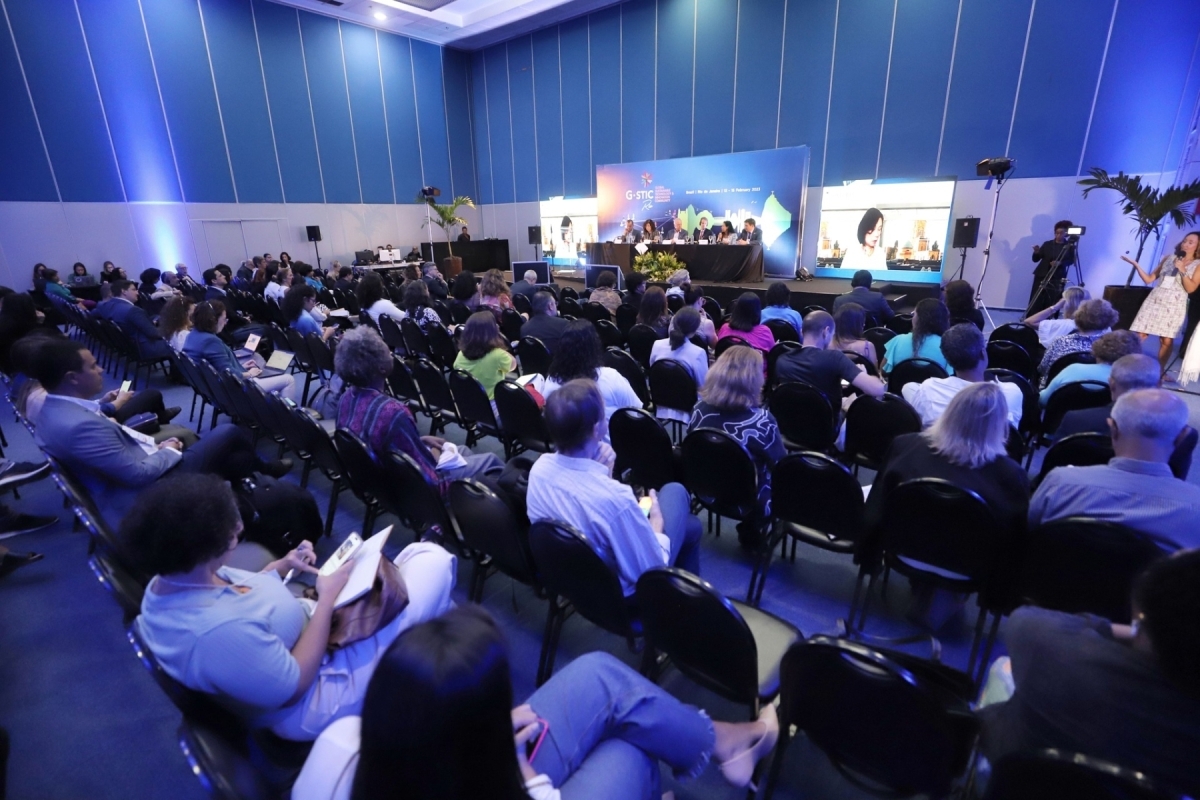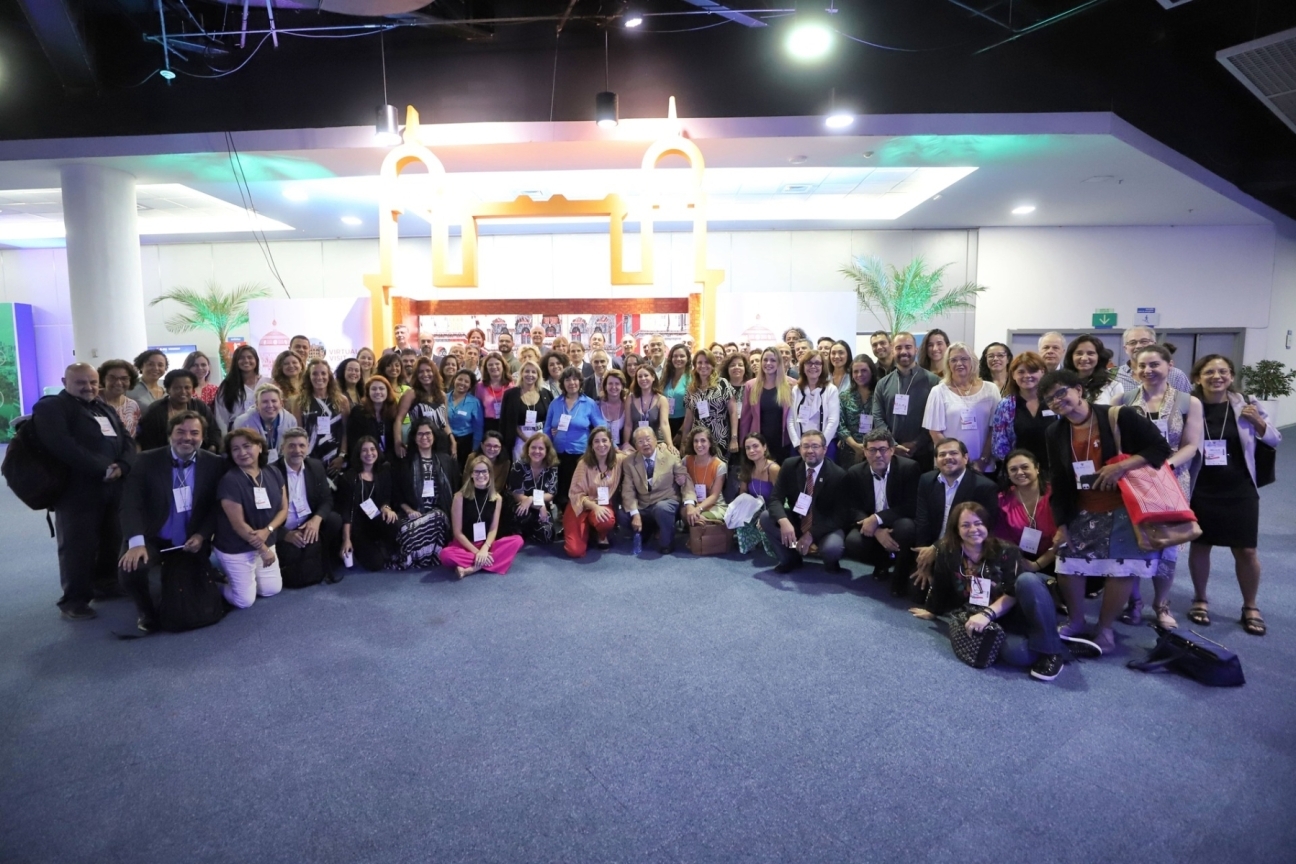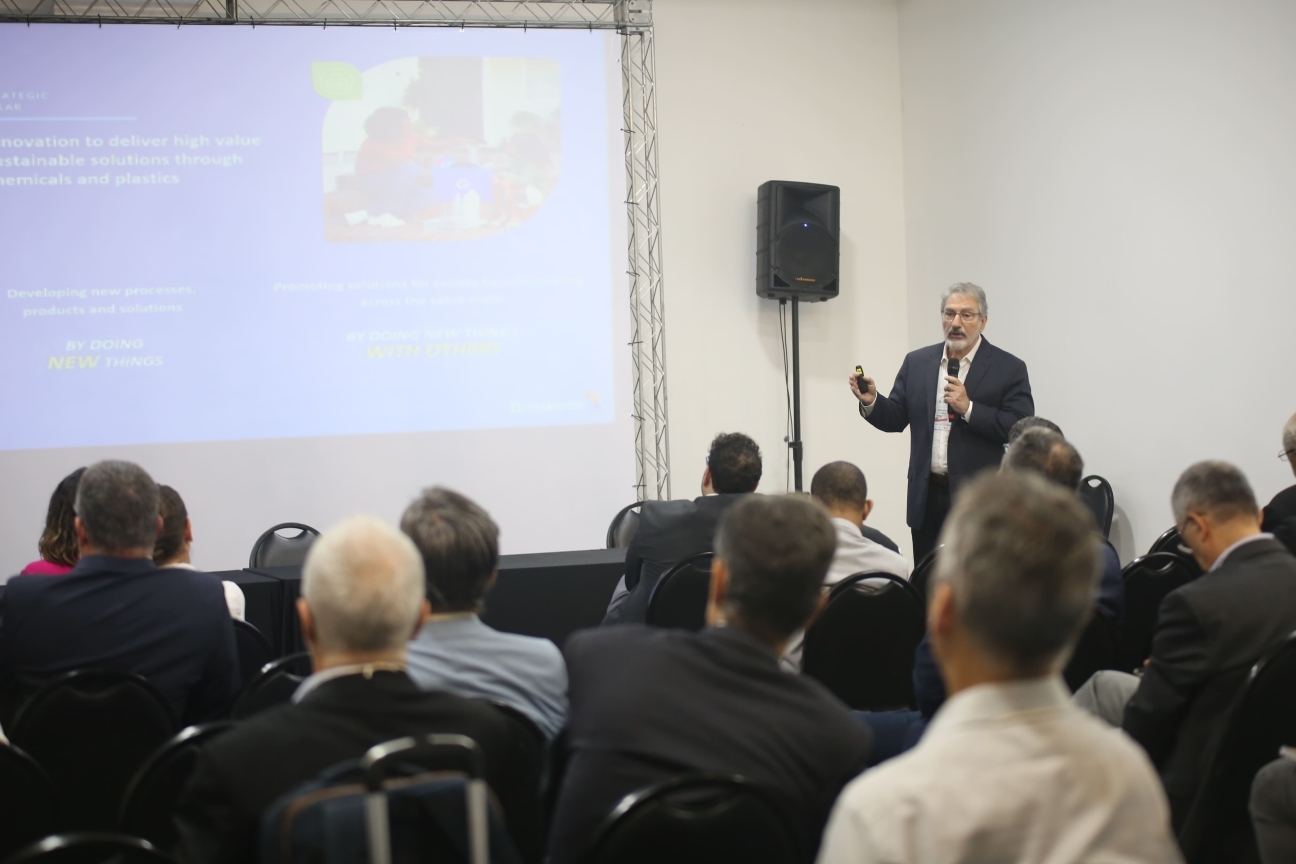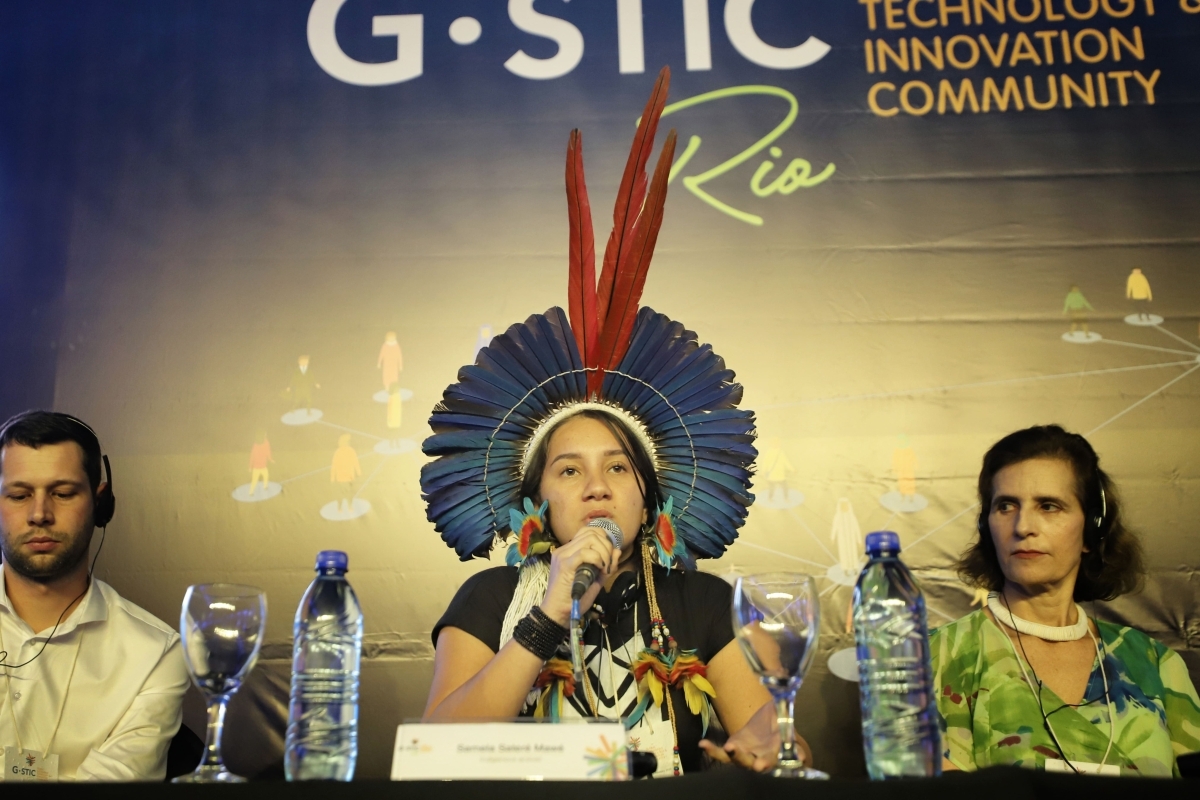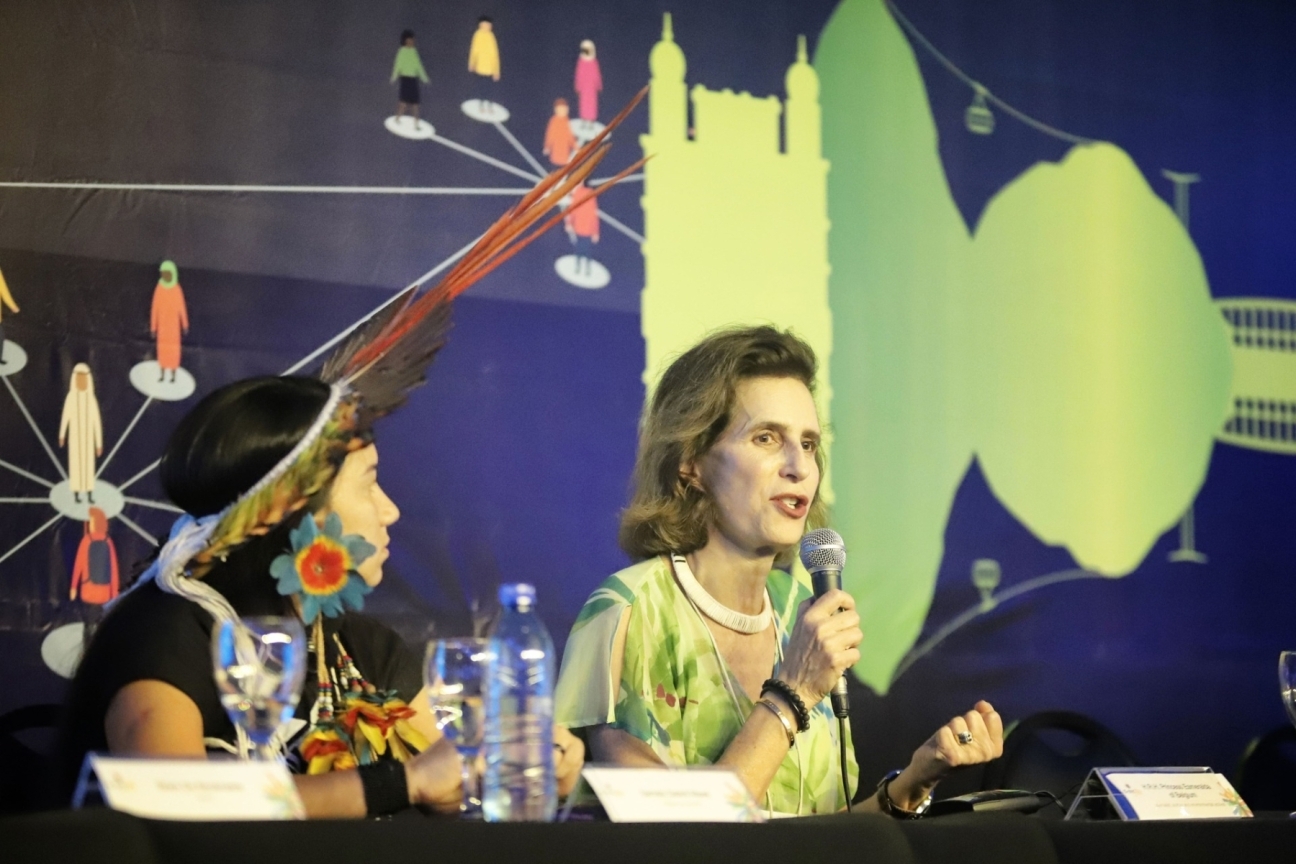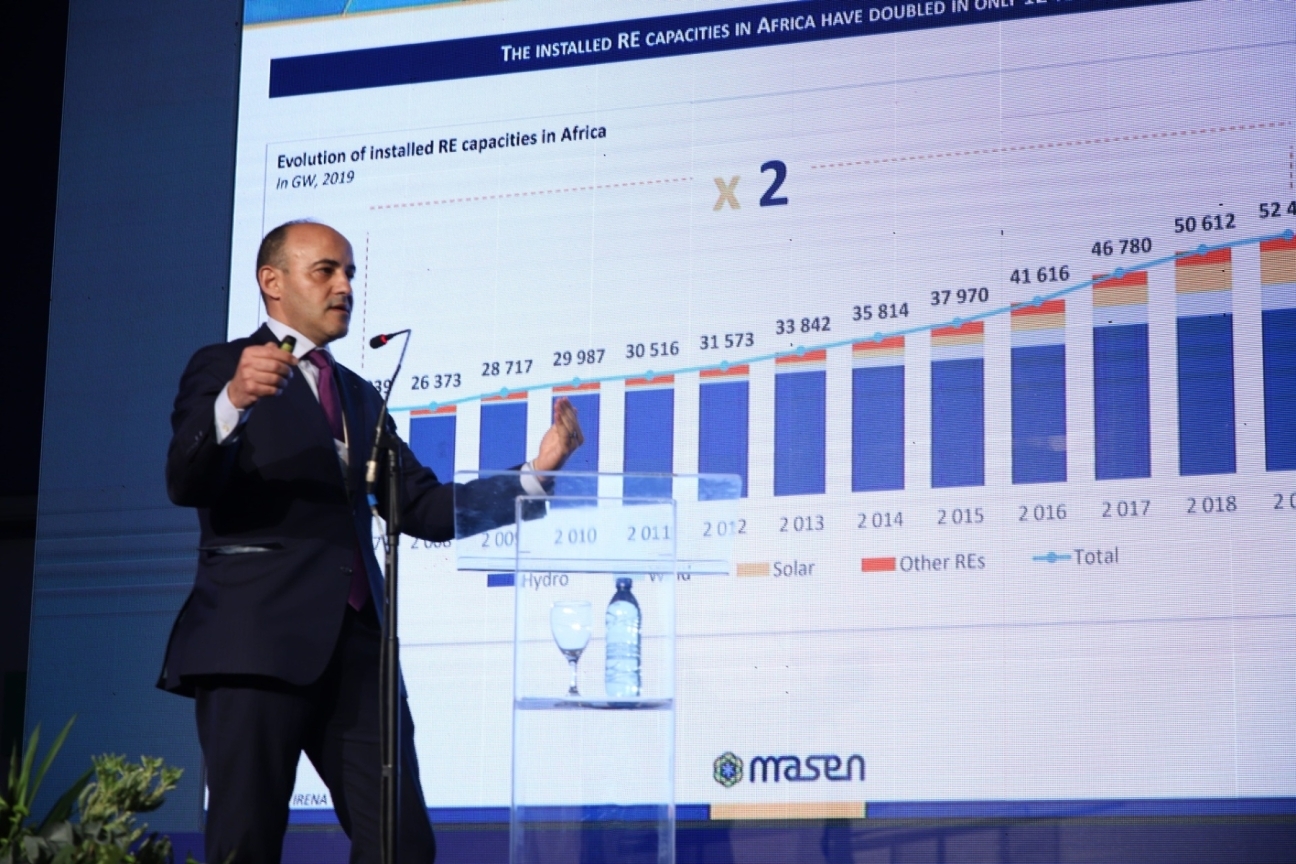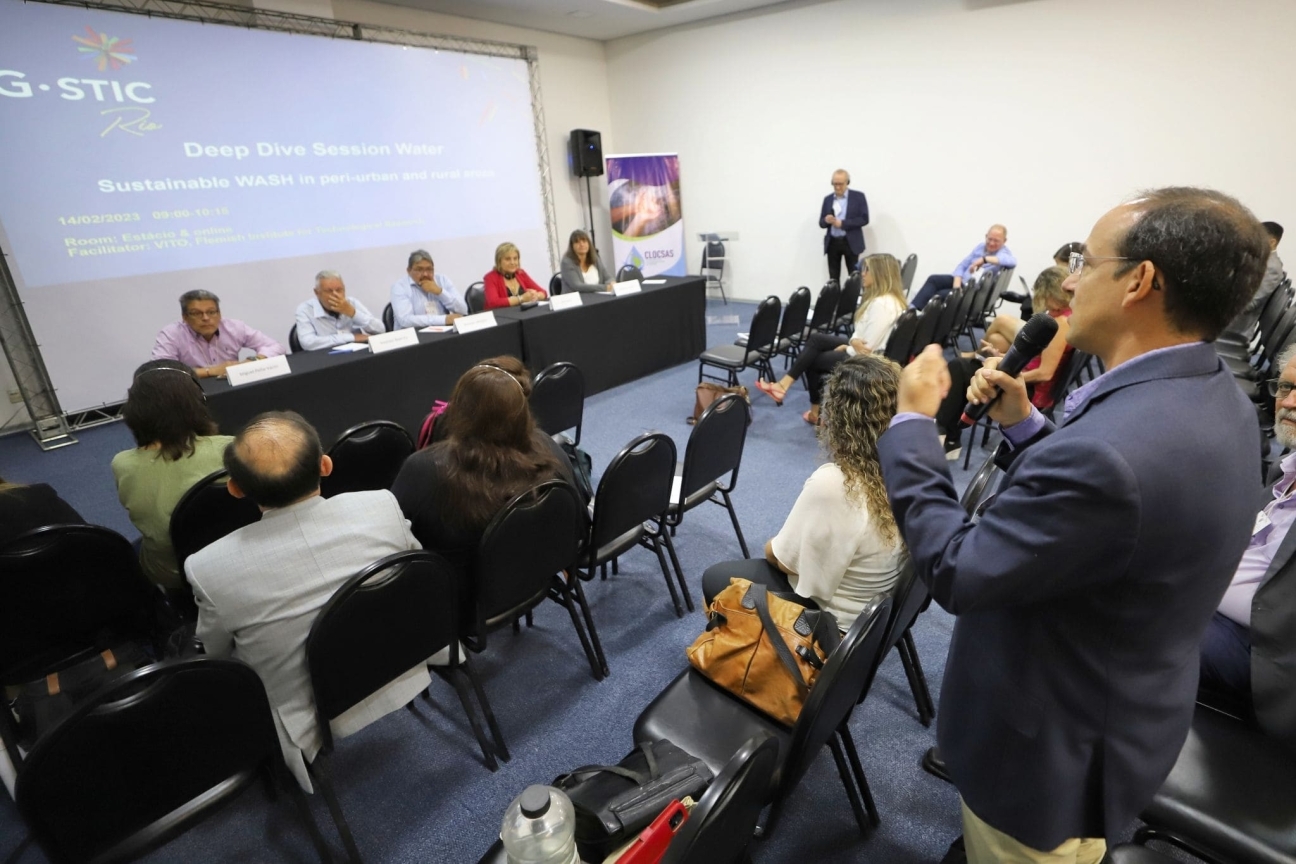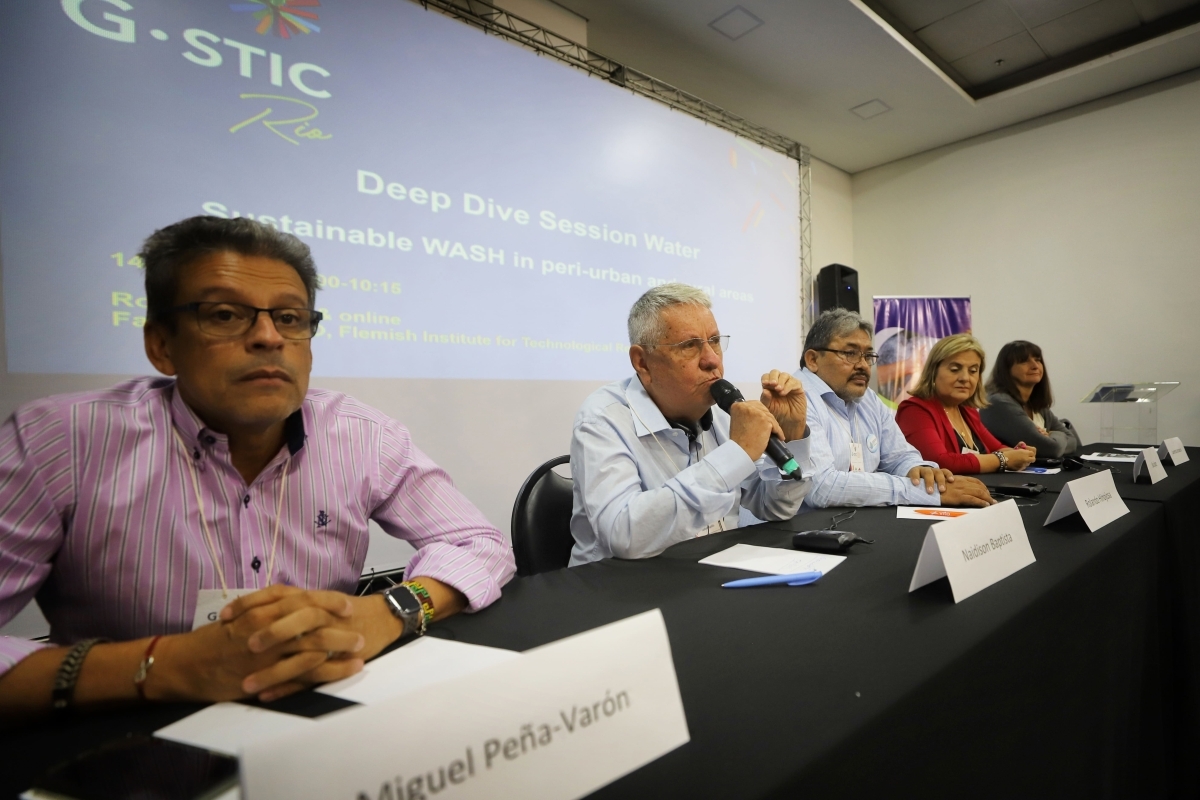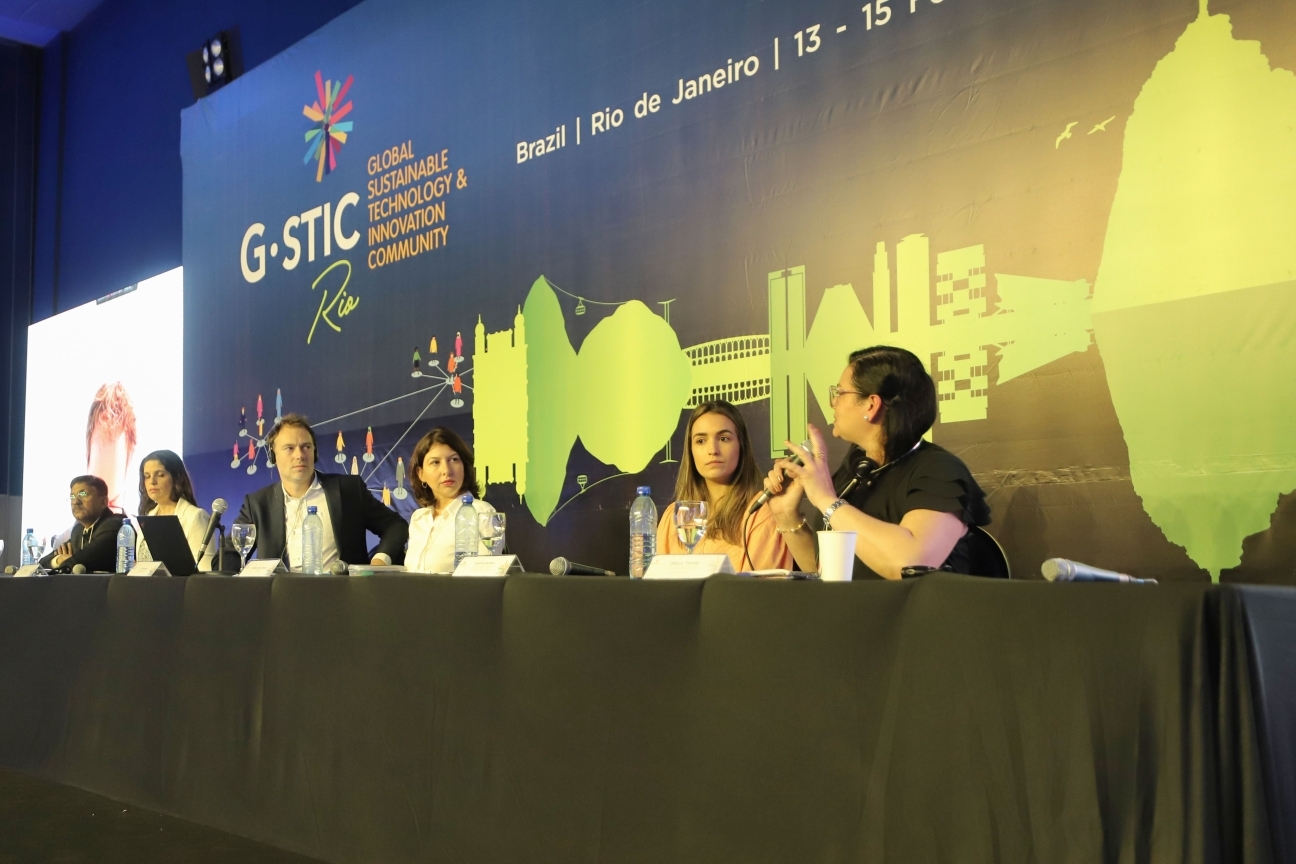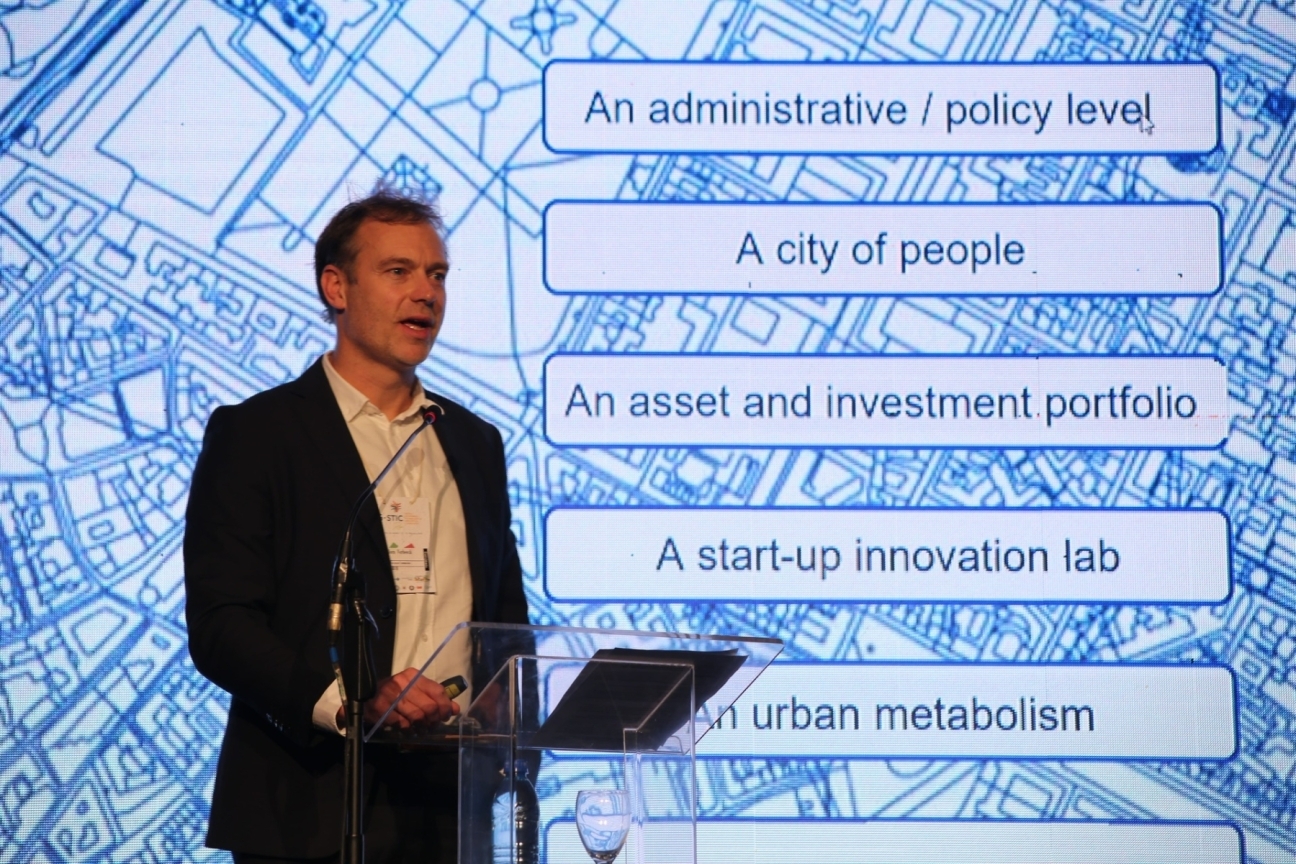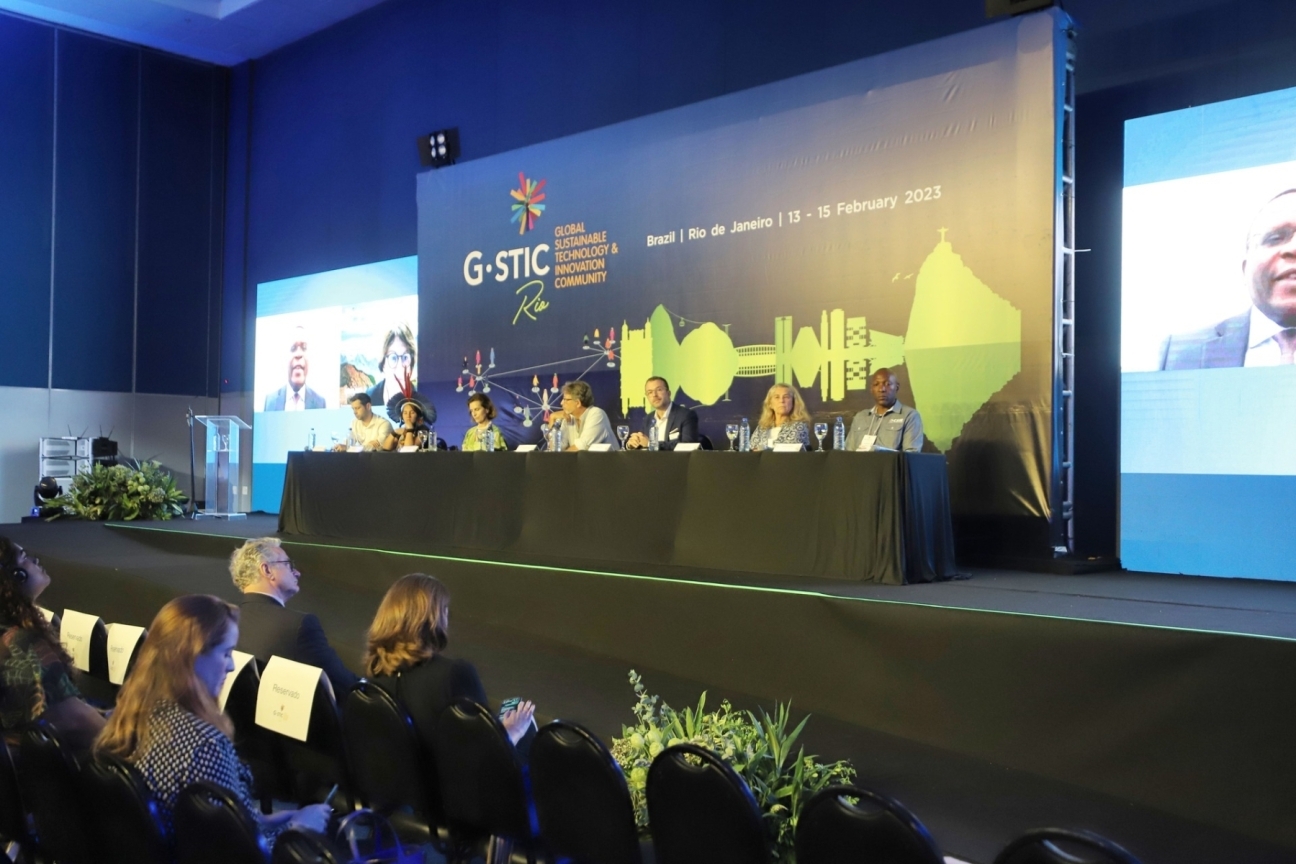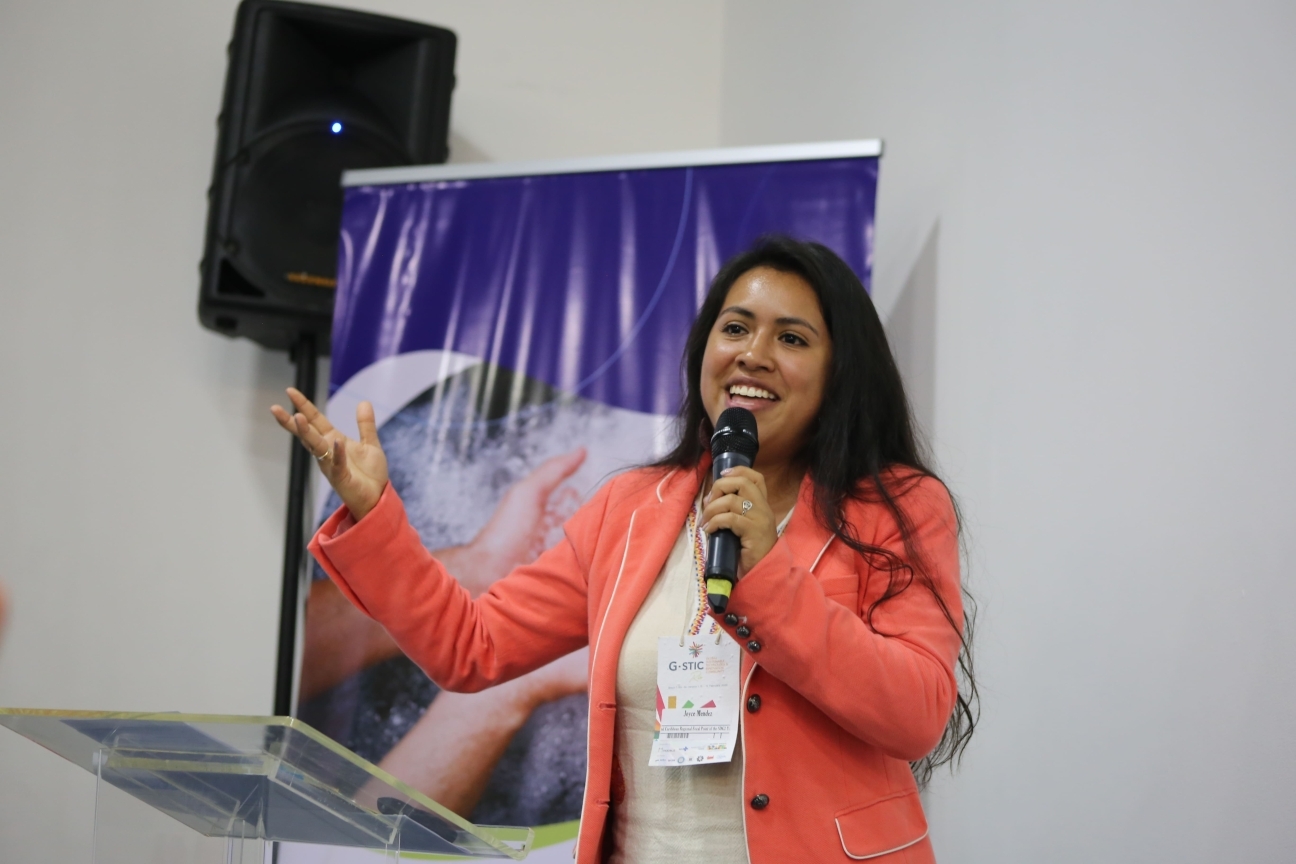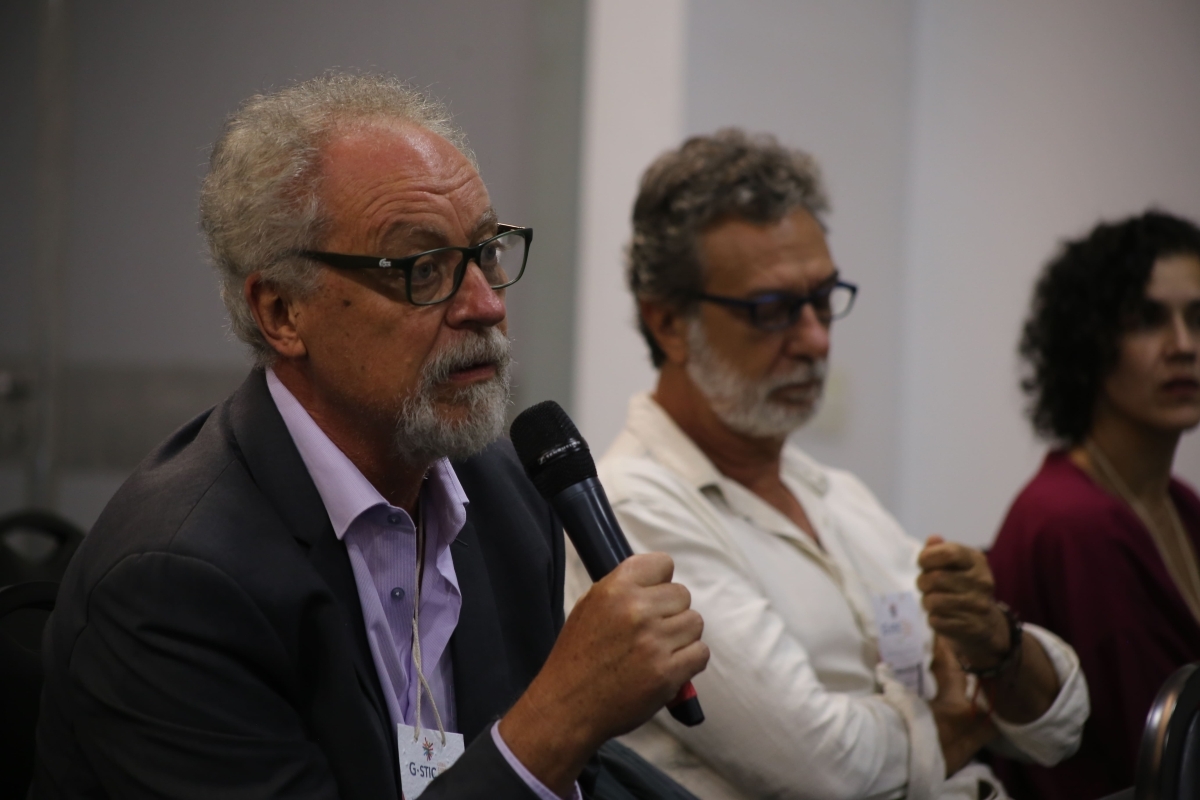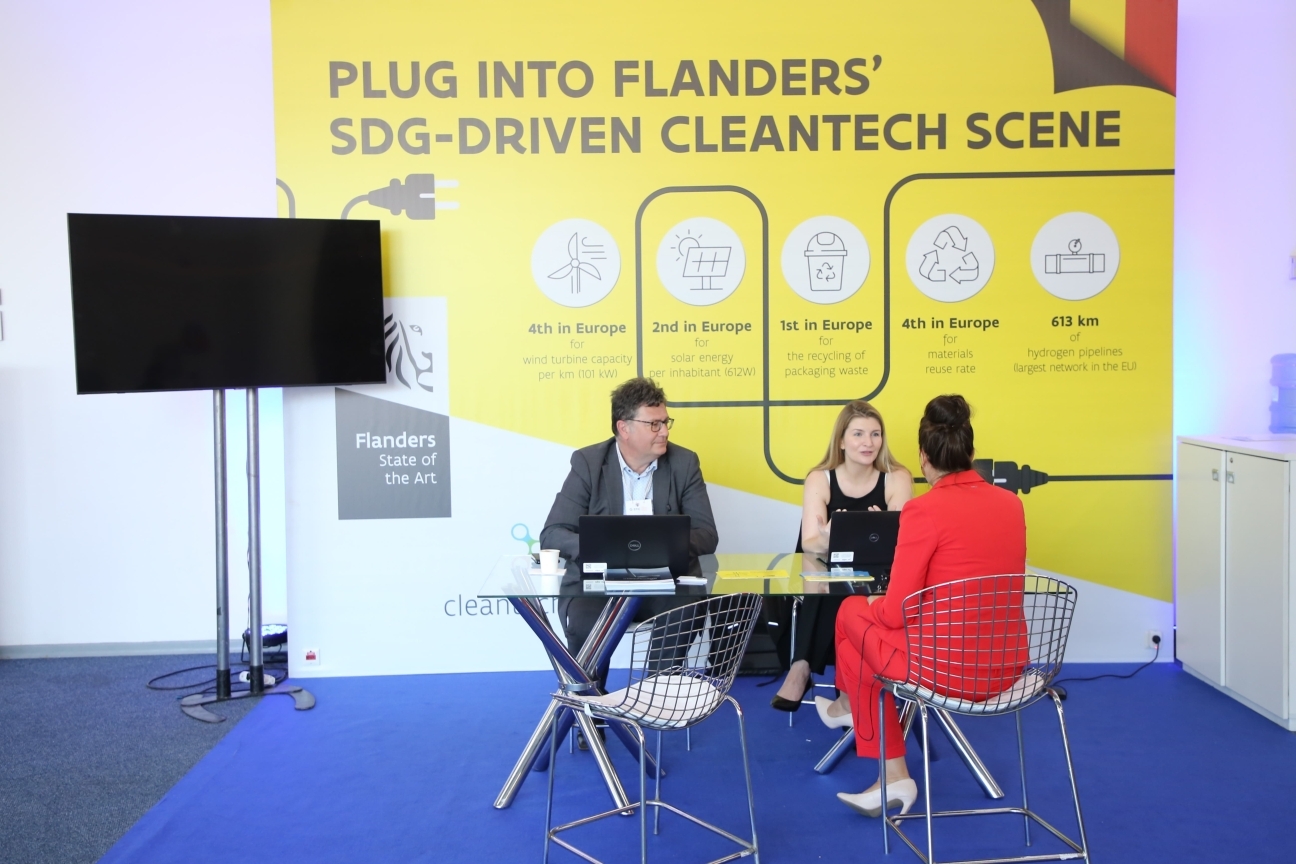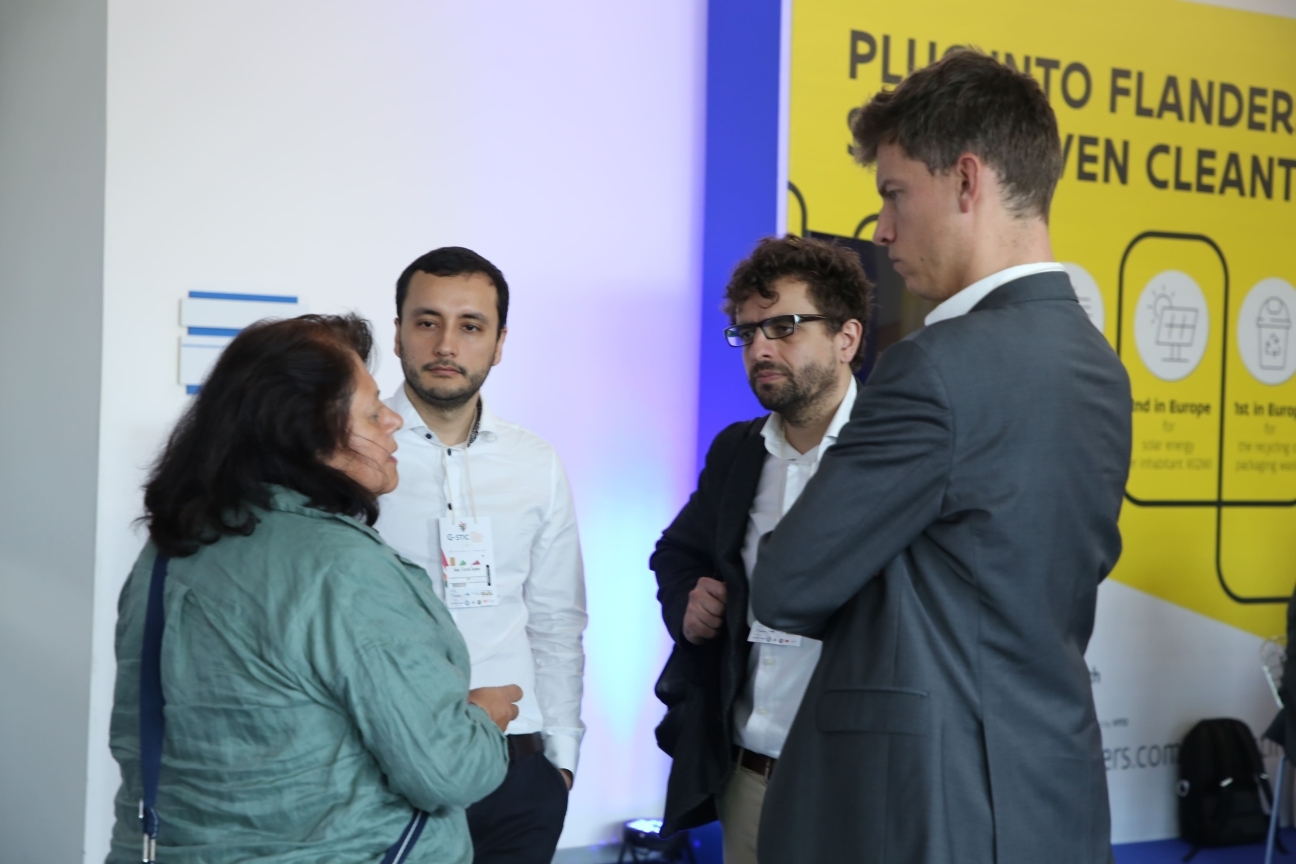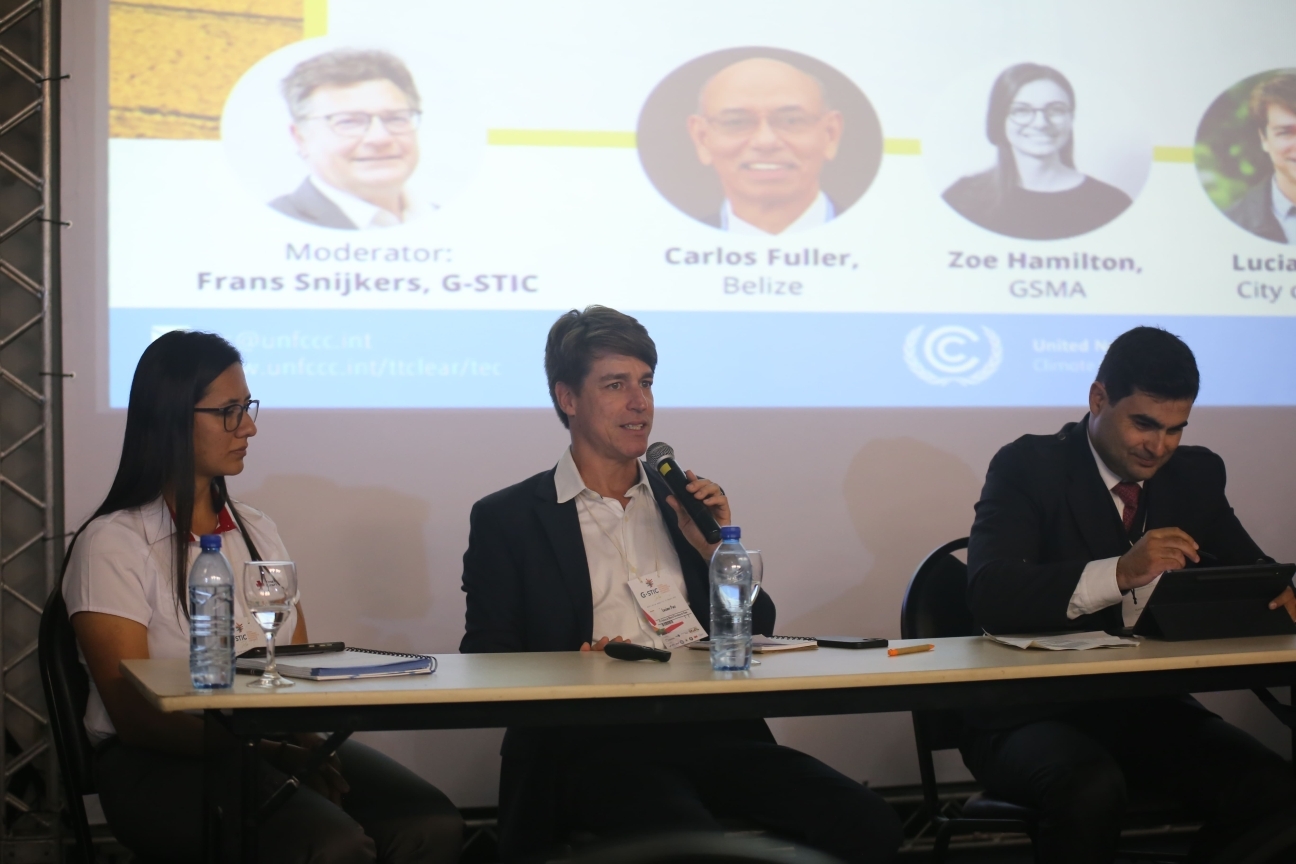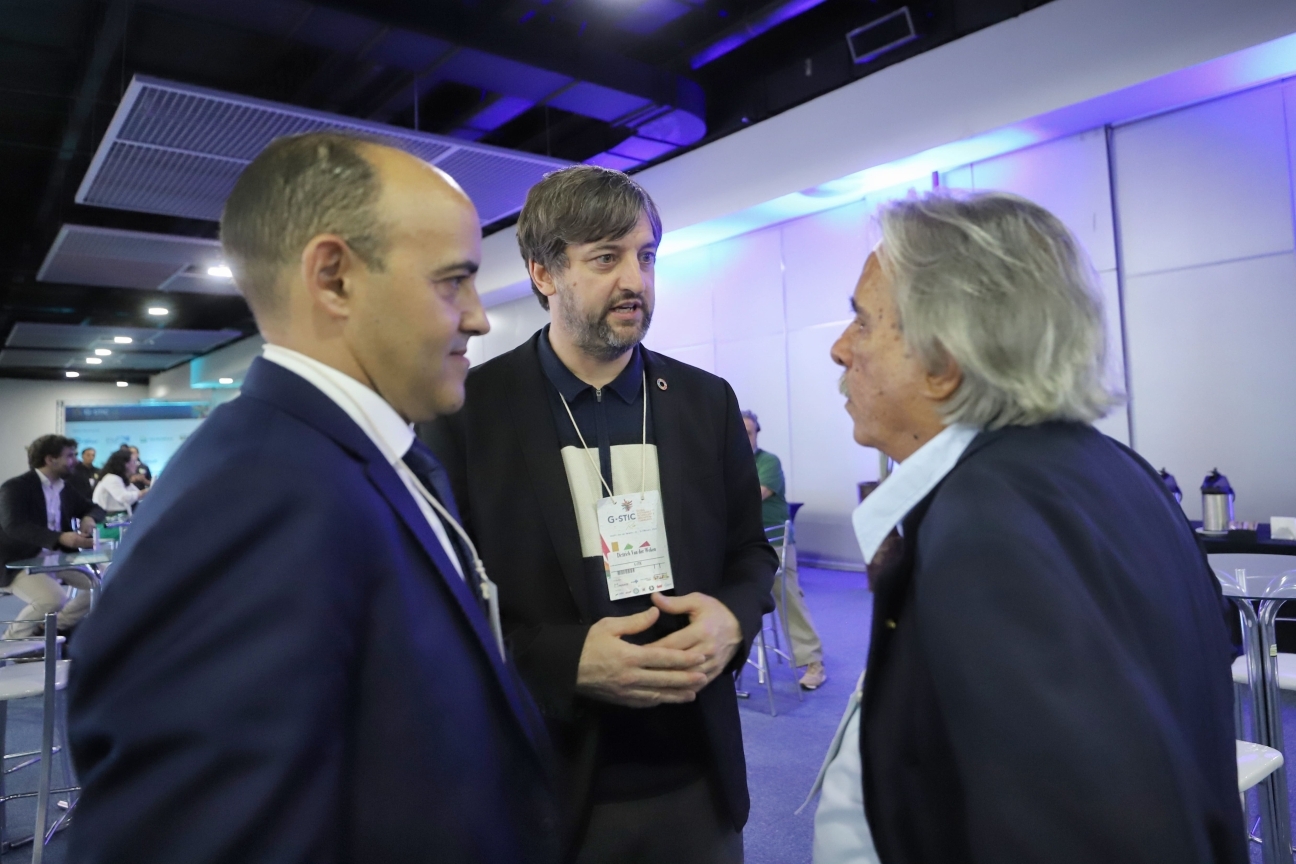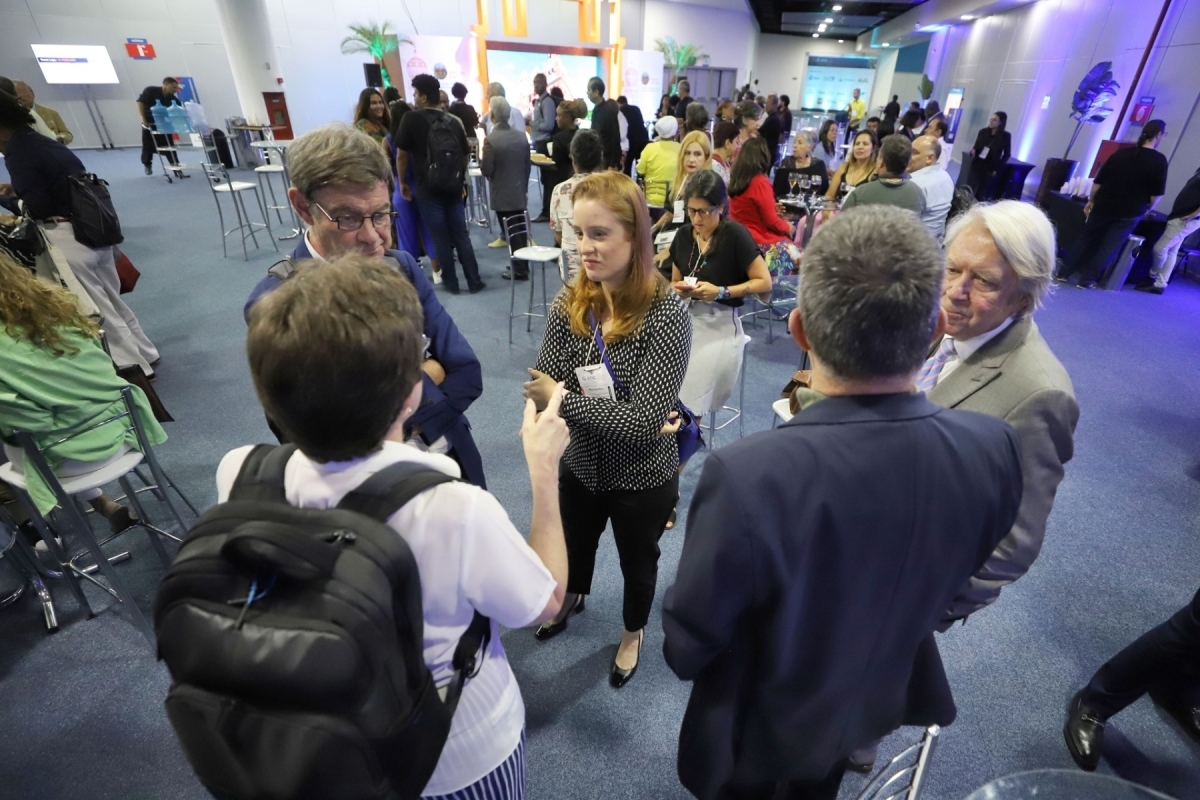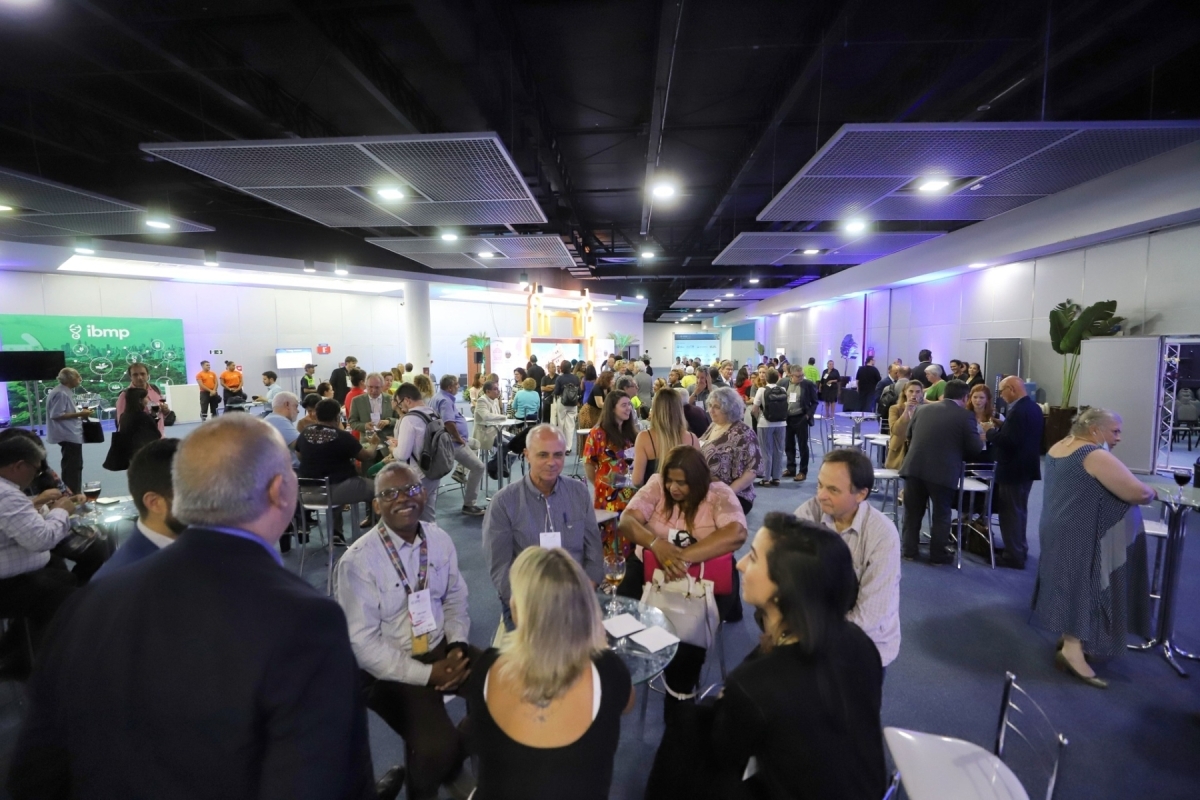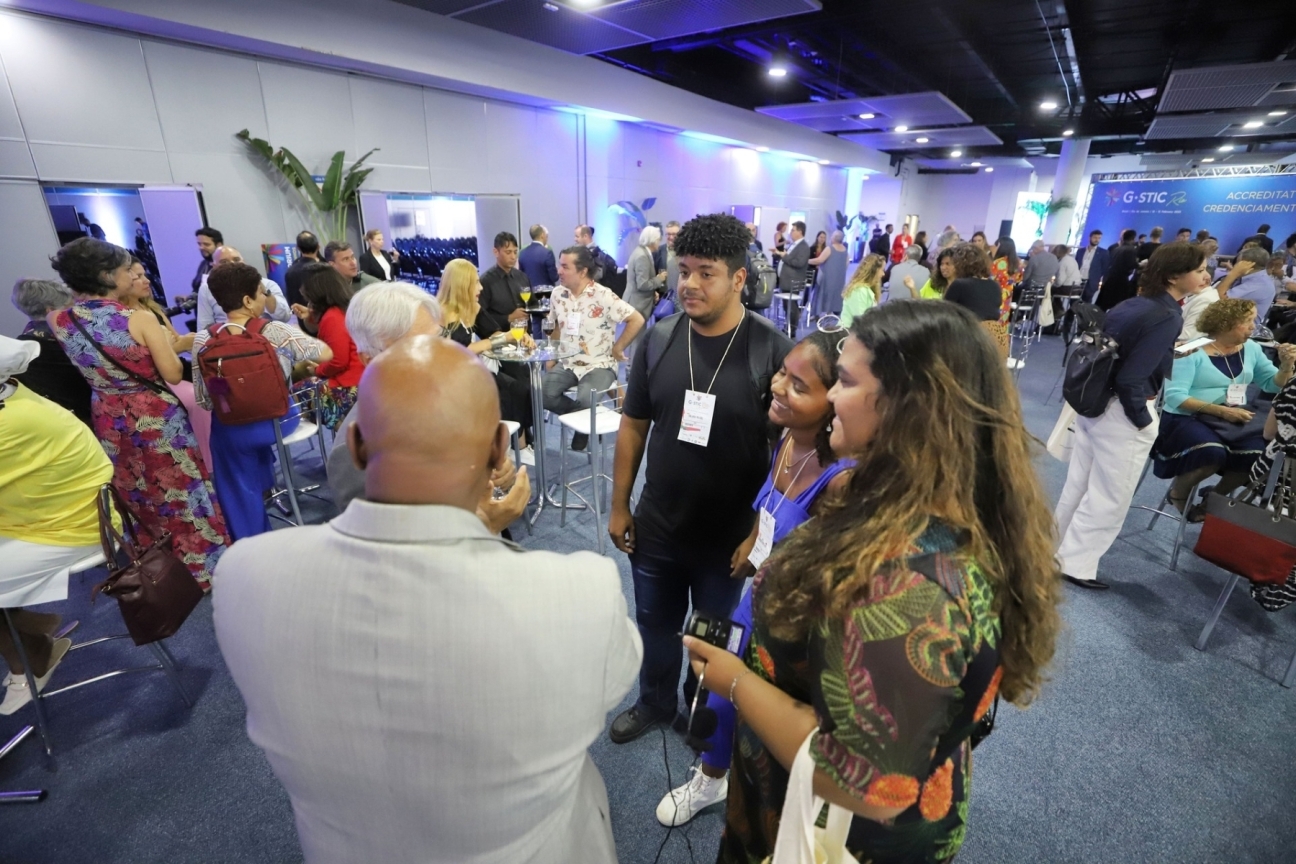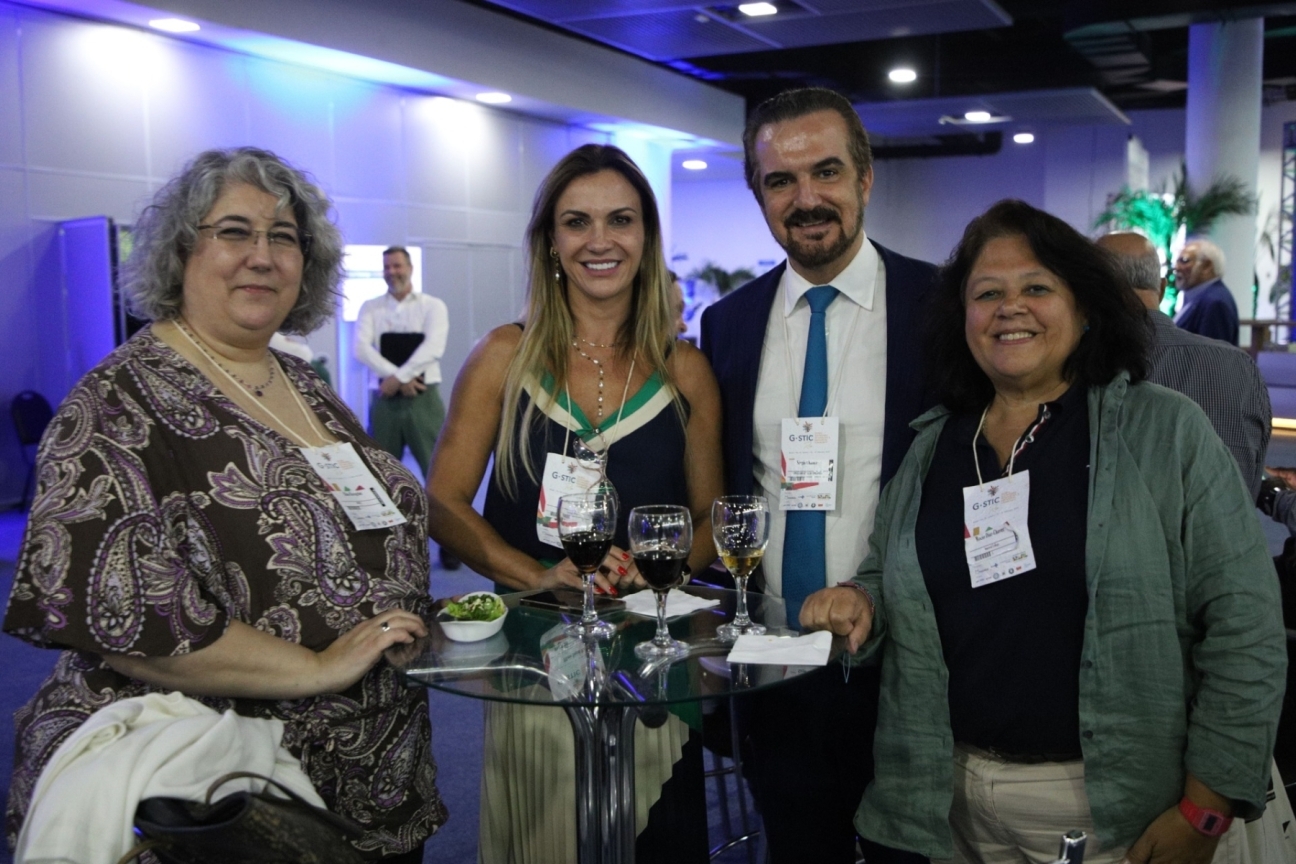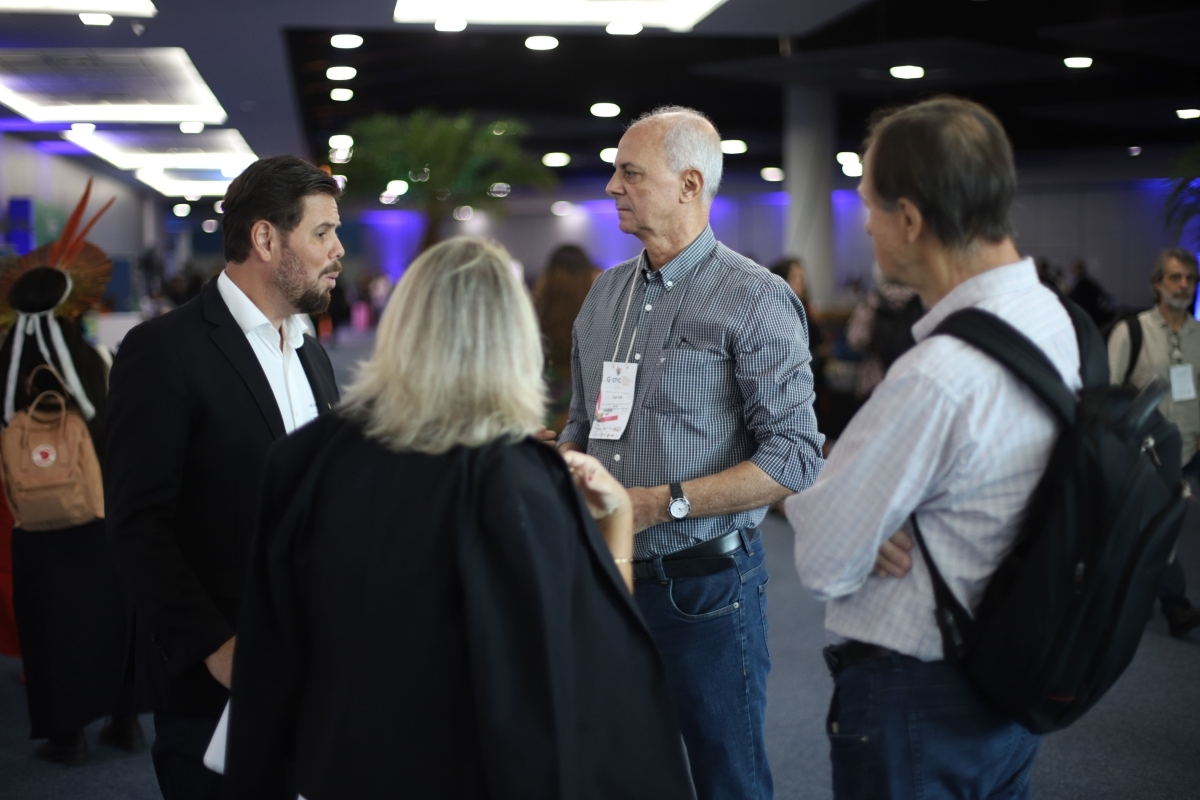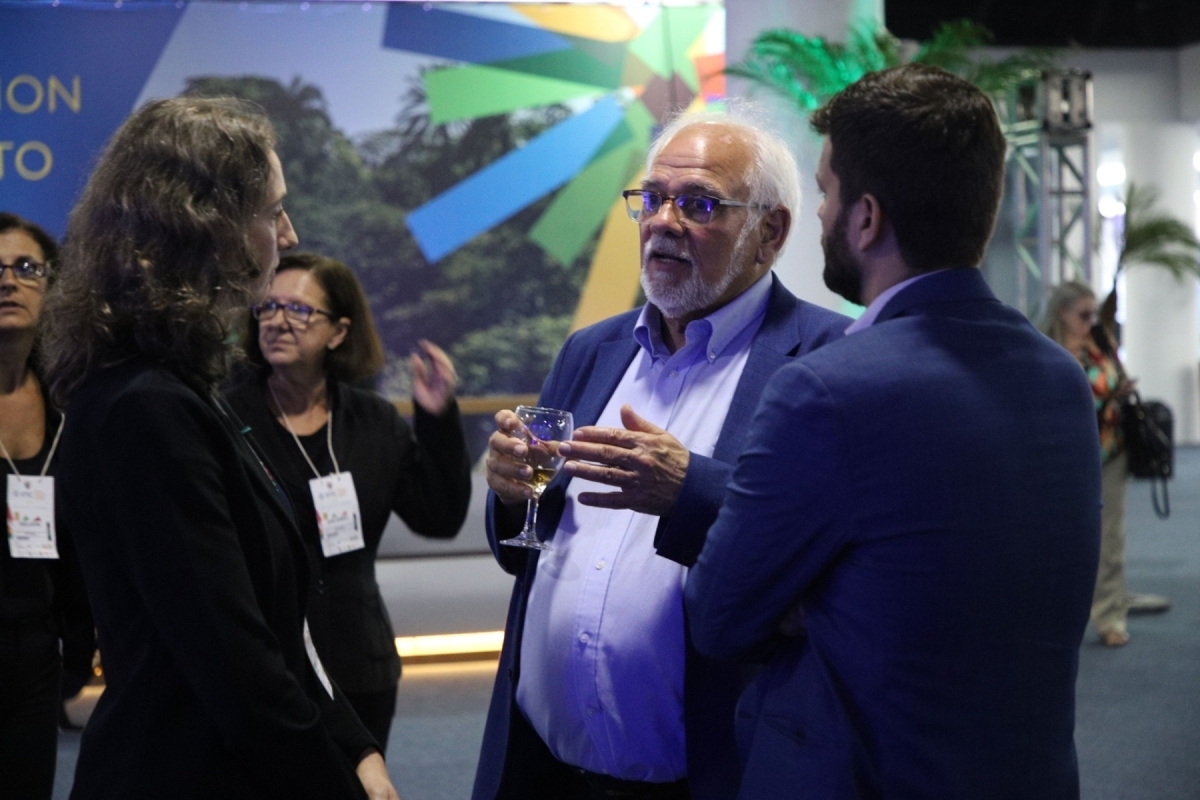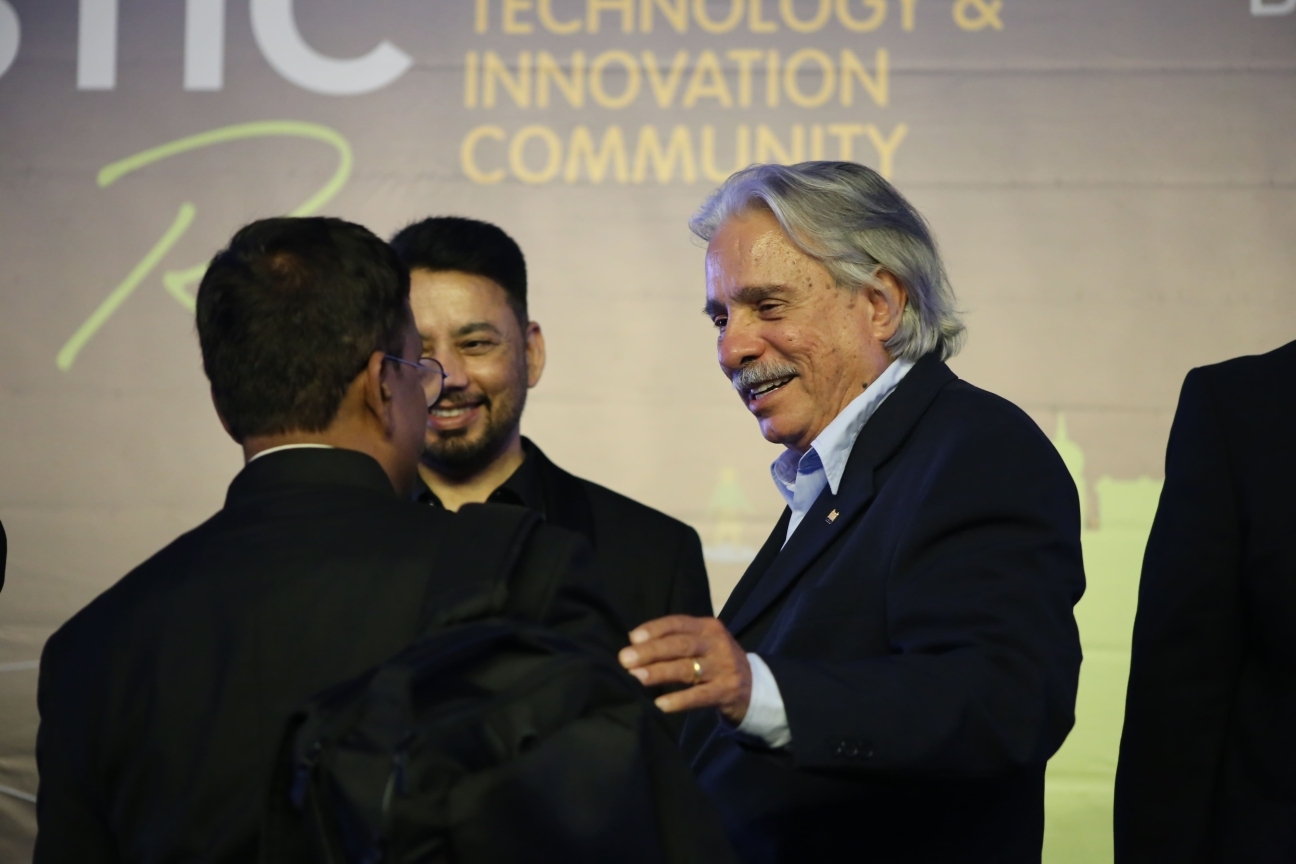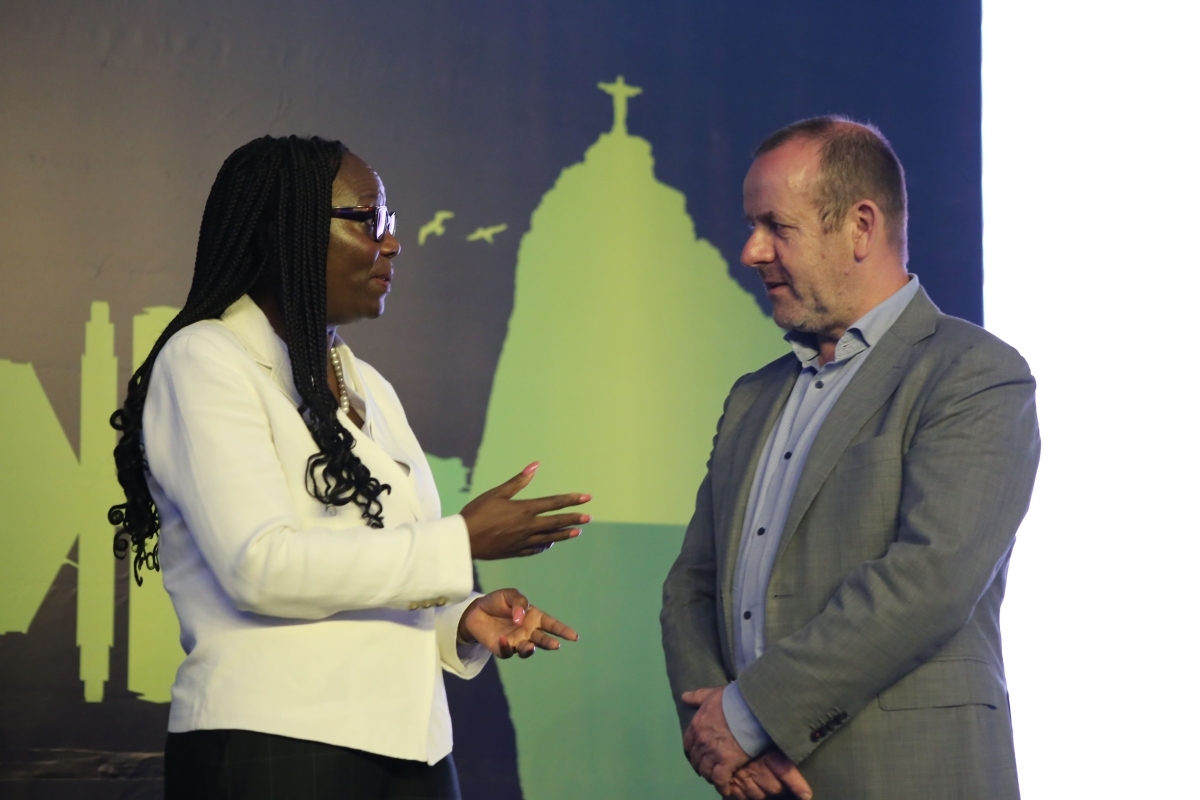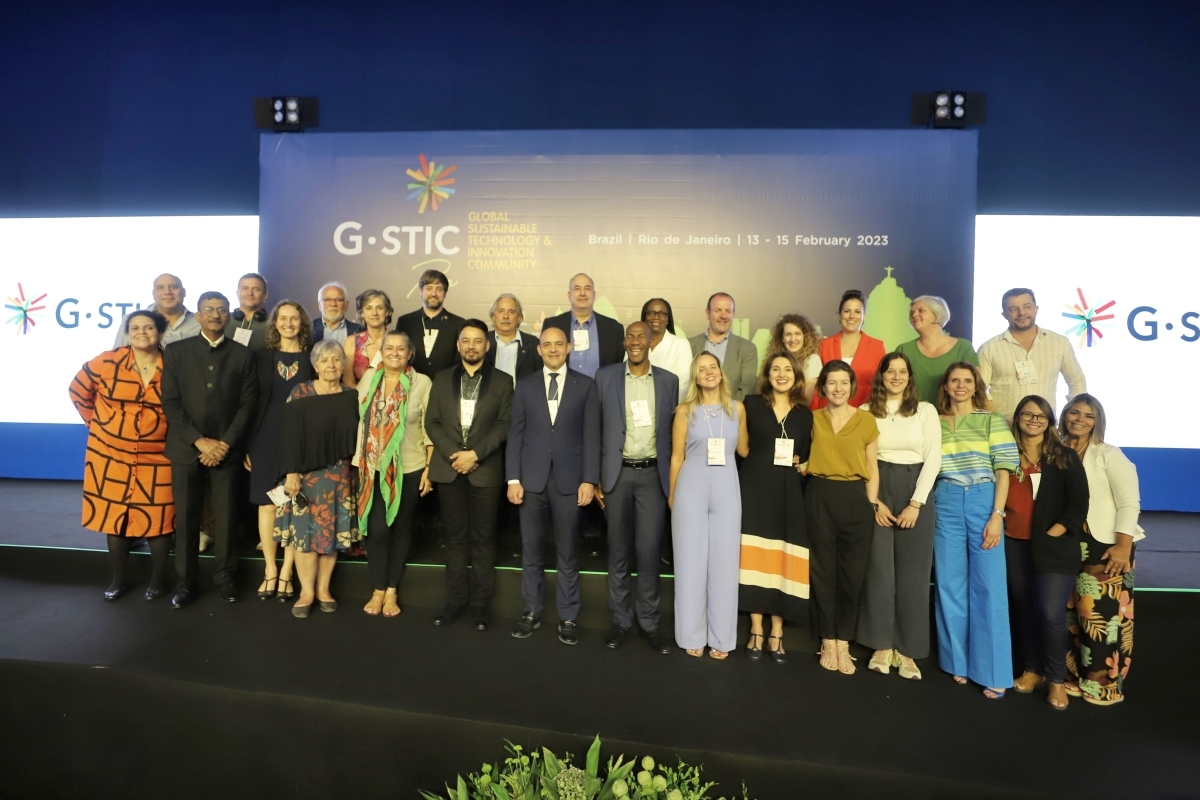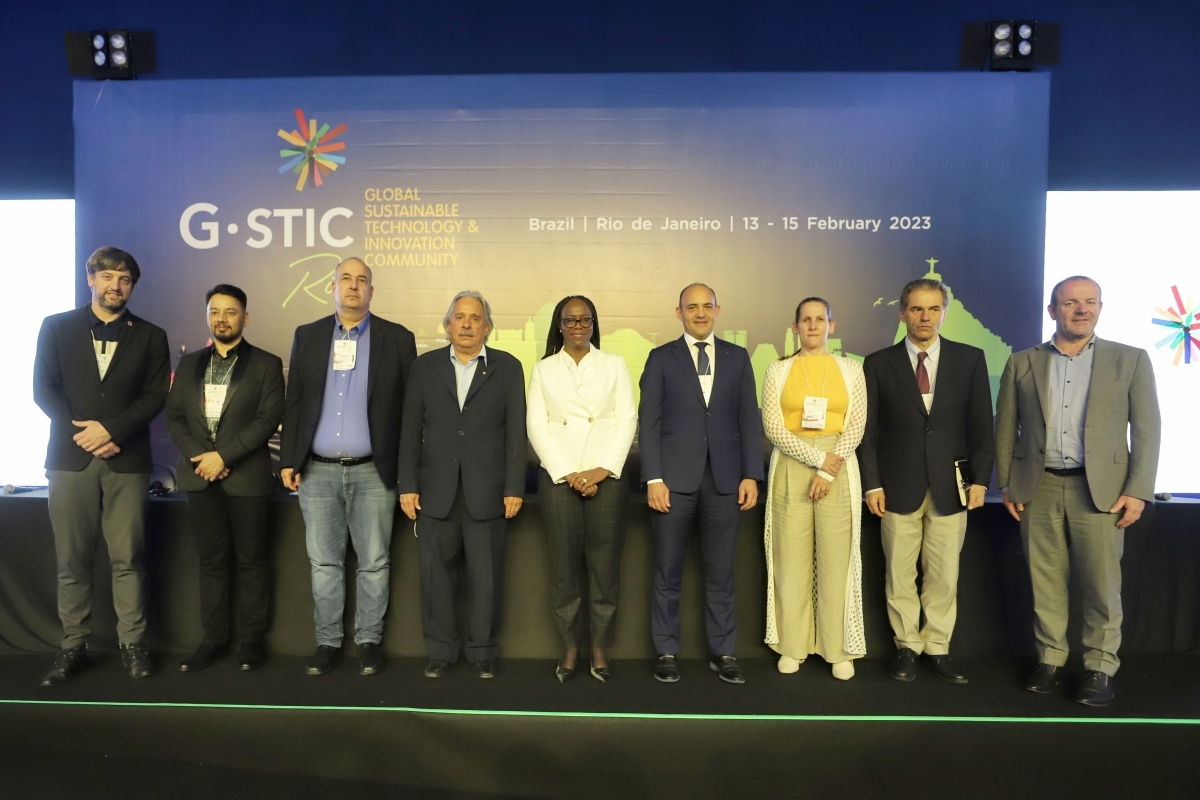4,200 participants from 140 countries at the G-STIC Conference of 2023 in Rio de Janeiro
The sixth G-STIC Conference took place in Rio de Janeiro (Brazil) in 2023 and was organized by Fiocruz, one of the G-STIC co-hosts. The focus of this conference went beyond the importance of mainstream science, technology and innovation to accelerate the Sustainable Development Goals of the 2030 Agenda. It also showcased social technologies and citizen science as tools to manage the most pressing global challenges.
Over 250 speakers shared their knowledge and insights into policies and technological solutions for attaining the SDGs during 46 sessions on climate, oceans, energy, health, water, education, biodiversity, and more.
New wave of technological solutions to accelerate recovery
The COVID-19 pandemic exposed and amplified many of the inequalities, vulnerabilities, and unsustainable practices across the globe. At the same time, it sent the world even further away from tackling the triple planetary crisis of climate change, biodiversity loss and pollution that threatens even worse consequences for humanity. The Russia-Ukraine war is also a tragic reminder of why the 2030 agenda is so urgent and relevant.
On the other hand, the pandemic has prompted the development of a new wave of innovative technologies focused on sustainability. This technological convergence, where artificial intelligence and big data play central roles, has proven to be an invaluable tool for decision-makers in times of crisis.
To guarantee a sustainable recovery, it is crucial to harness the power of science, technology and innovation (STI) to address all aspects of the 2030 Agenda. There is an urgent need to use environmentally sound technologies to mitigate climate change, stop the loss of biodiversity, and help with ecosystem conservation. It is imperative to utilize circular economy principles, nature-based solutions, and systems-based approaches to explore new ways to redesign our systems, products, and services.
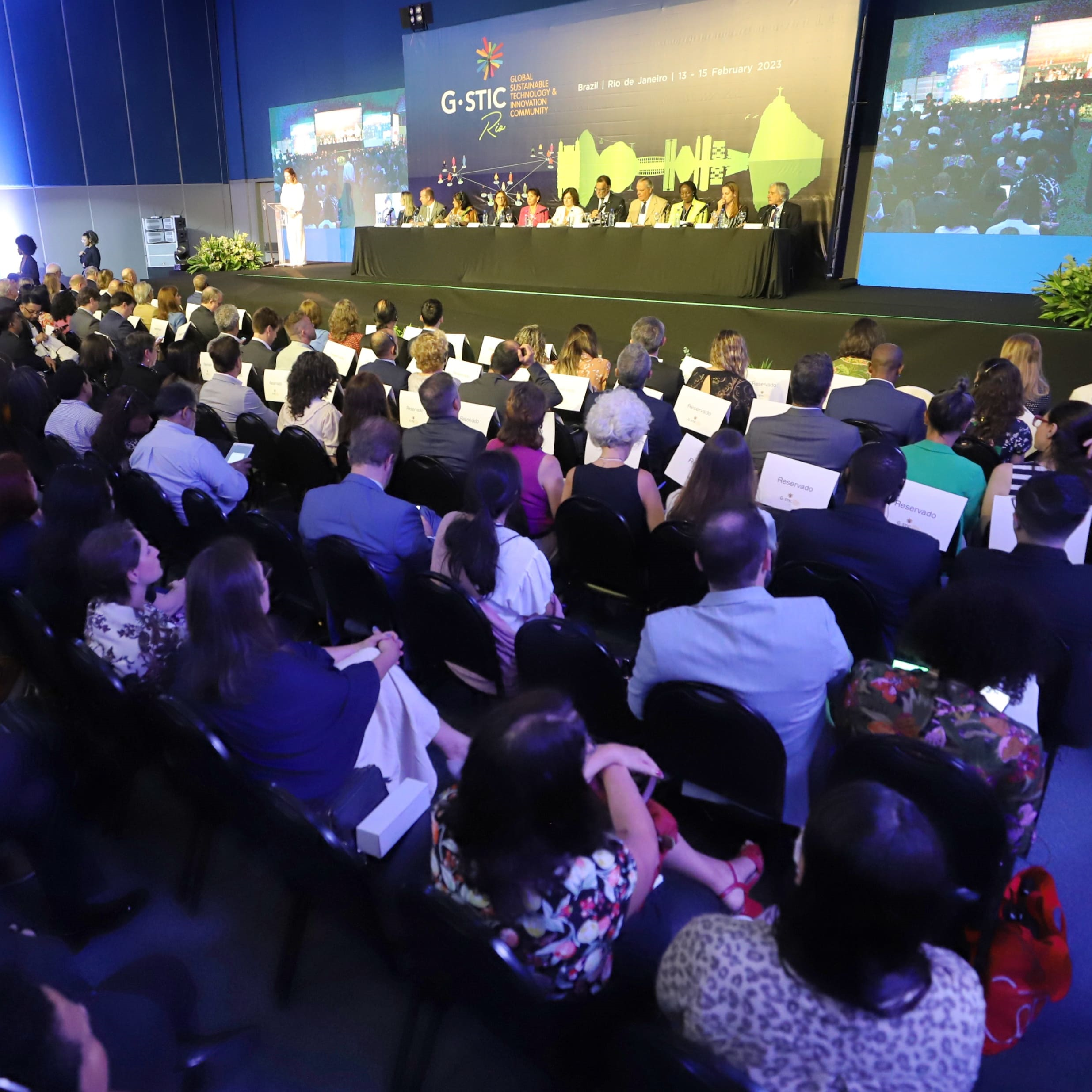
Main messages of the sixth G-STIC Conference
The current multiple global crises represent an opportunity to press a ‘reboot’ toward a better recovery as they shed new light on the relevance of resilience, environmental sustainability, and inclusiveness.
During the G-STIC Conference it was clear that the 2030 Agenda is the most effective framework for a recovery that leaves no one behind, and that STI plays a fundamental role in accelerating the SDGs. Scientists, decision-makers, the private sector, and civil society must unite forces to guide this journey.
8 recommendations from the high-level dialogue
A Communiqué has emerged from the high-level dialogue held during the G-STIC Conference under the theme ‘Toward an Equitable and Sustainable Future: Innovative technological solutions for a better post-pandemic recovery’.
In this Communiqué, authorities and high-level institutional representatives made eight recommendations to accelerate the 2030 Agenda and the achievement of the 17 Sustainable Development Goals (SDGs).
